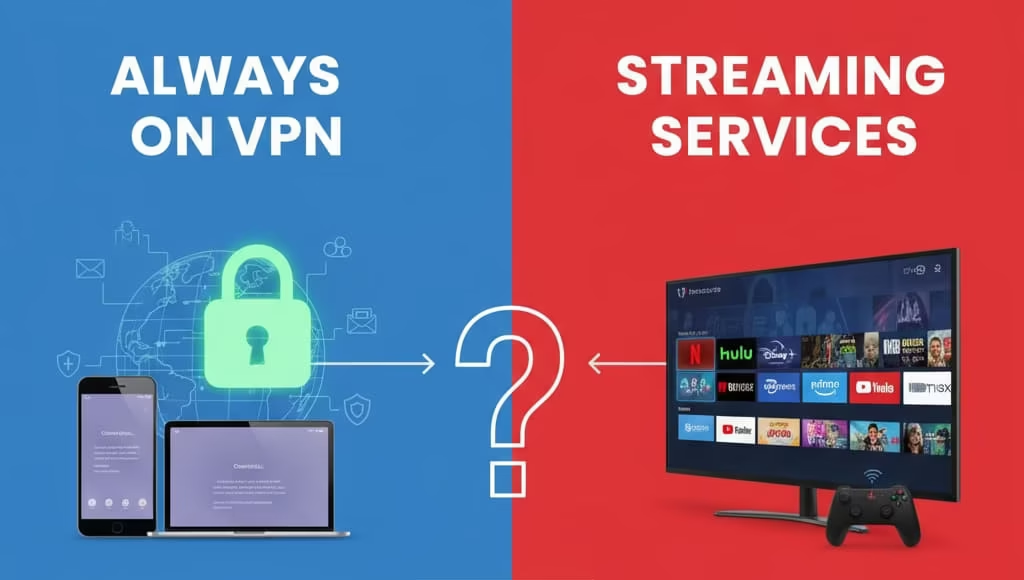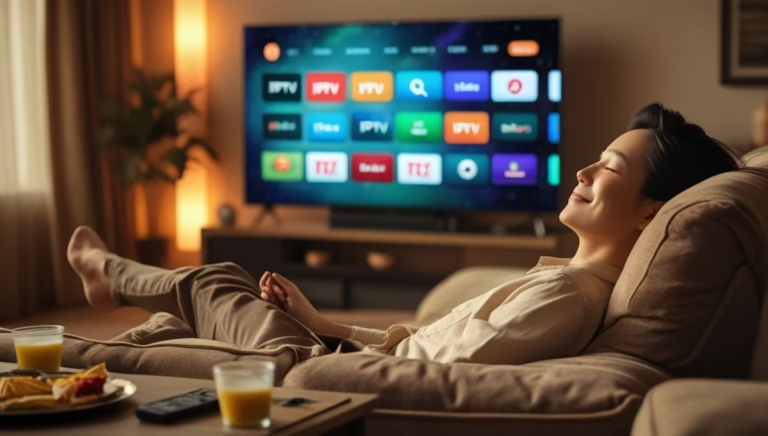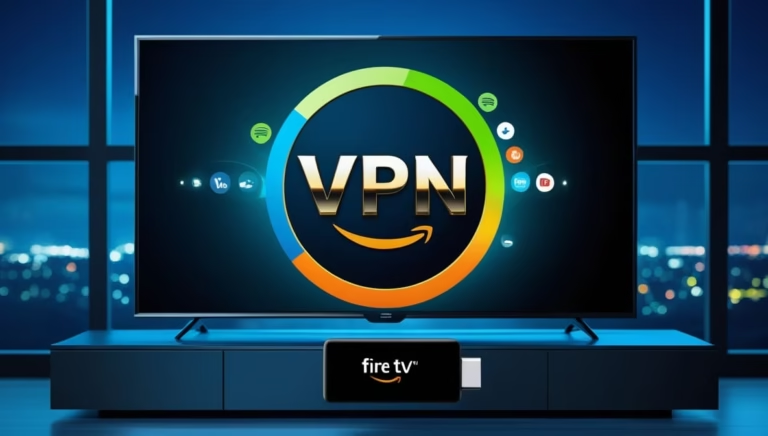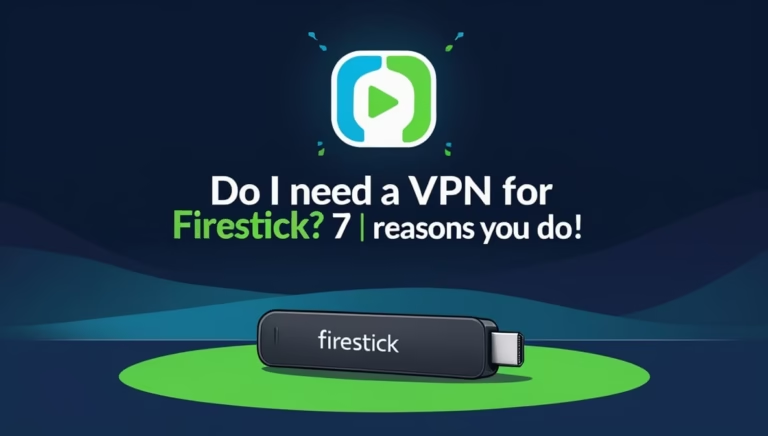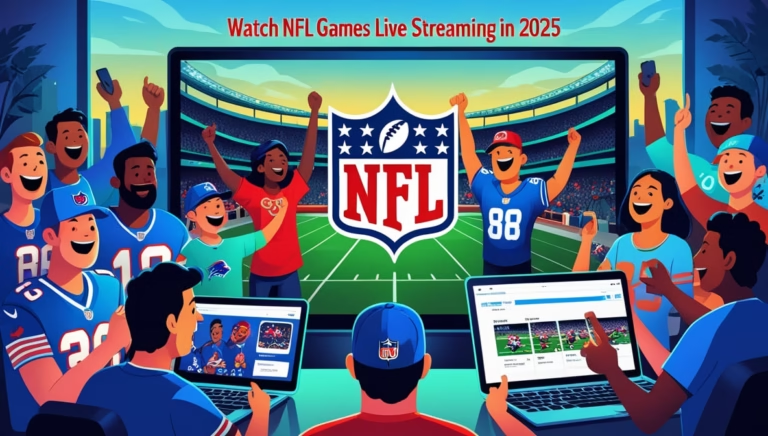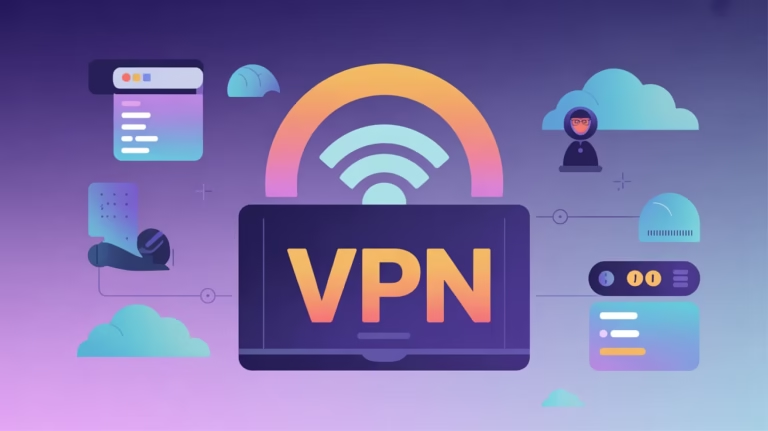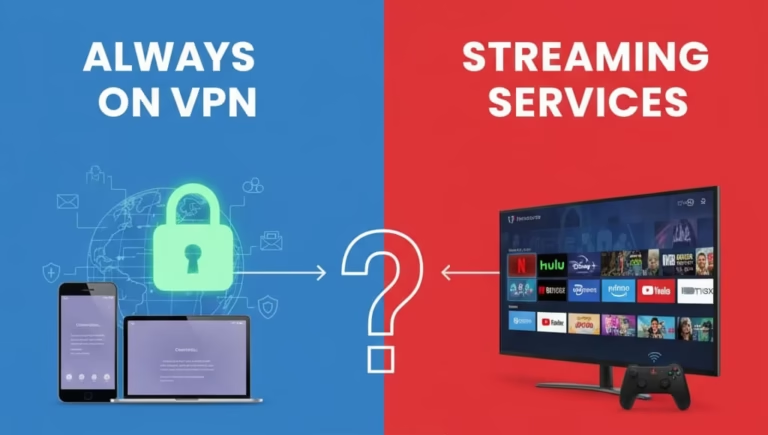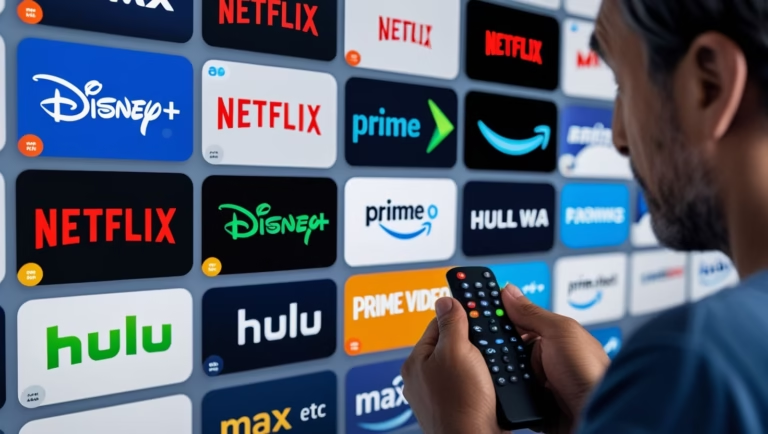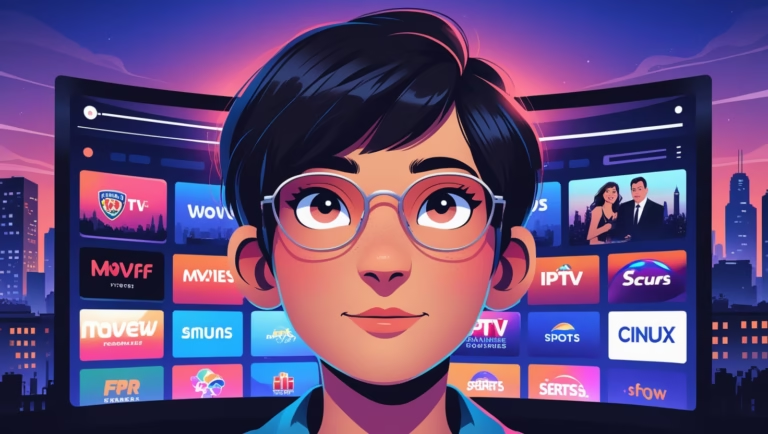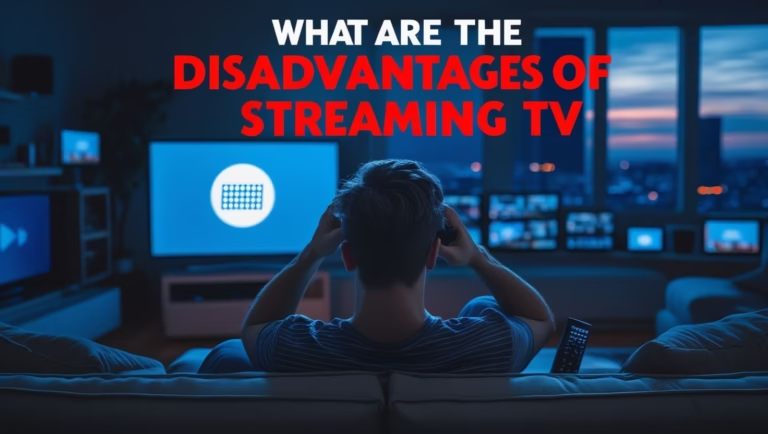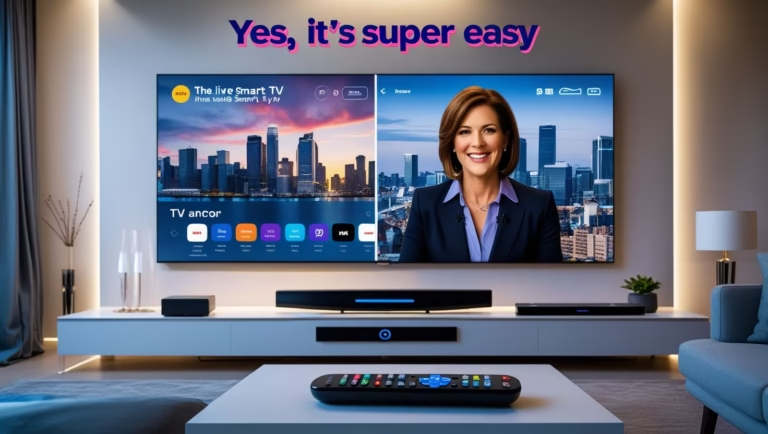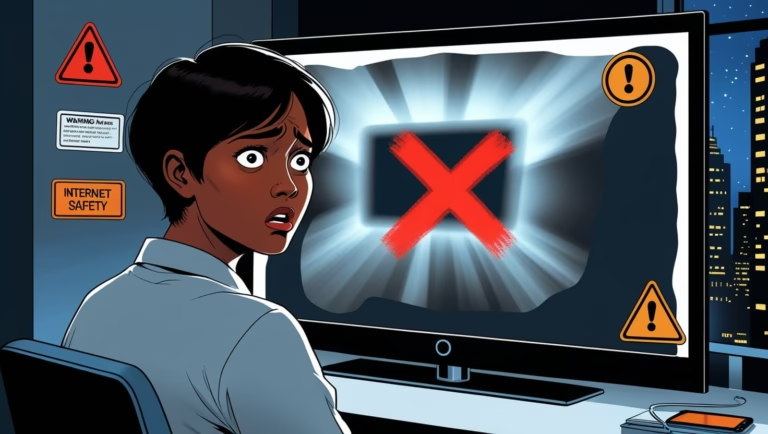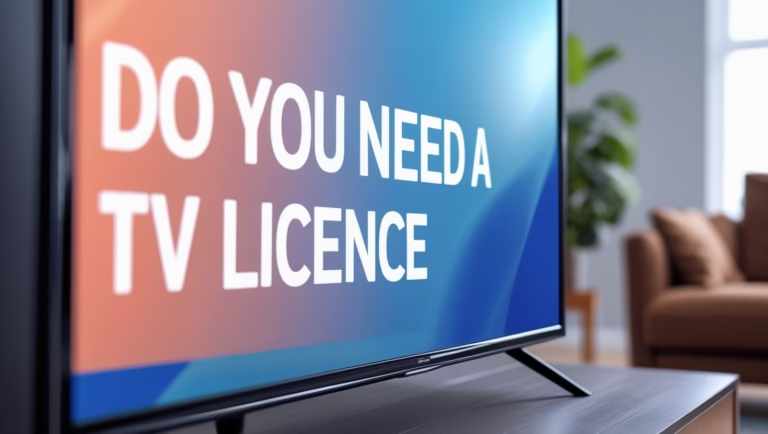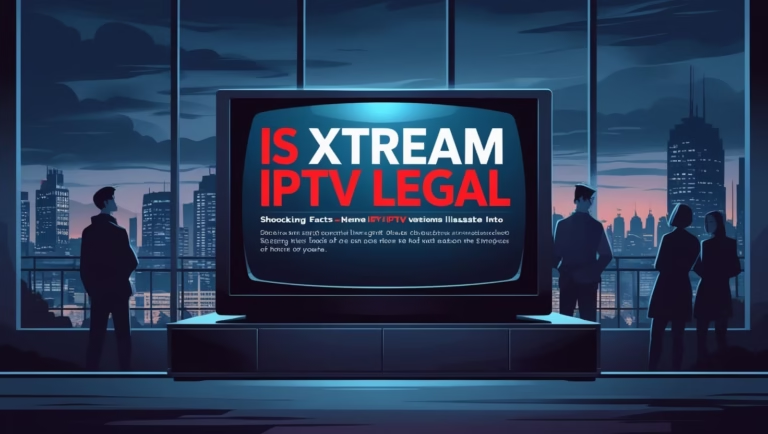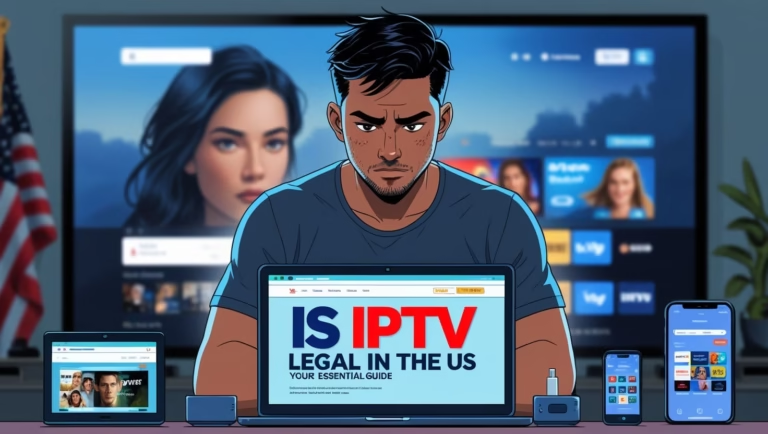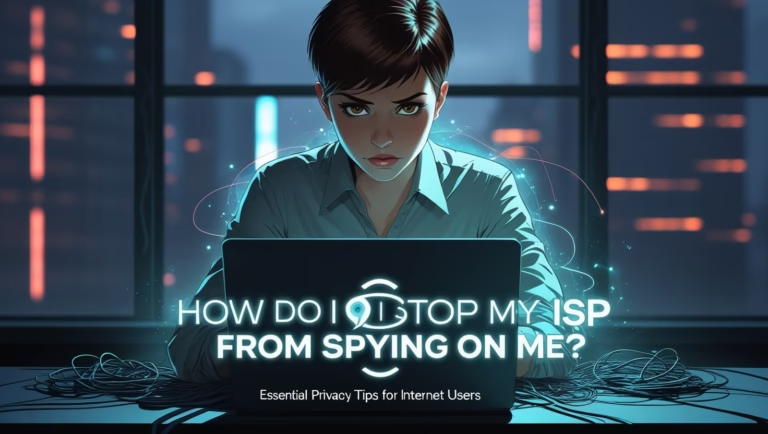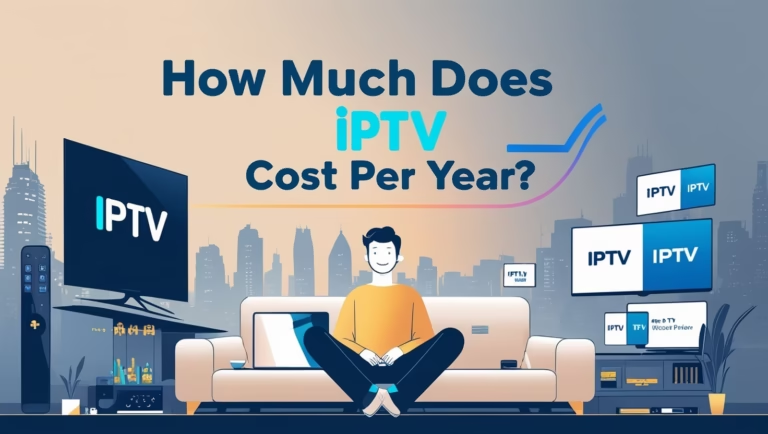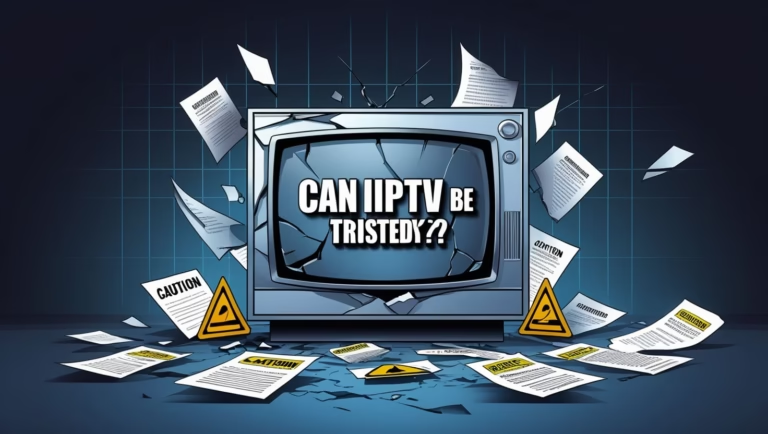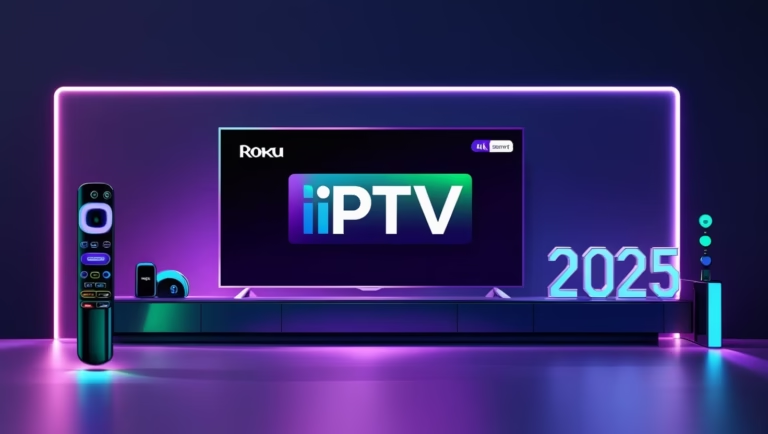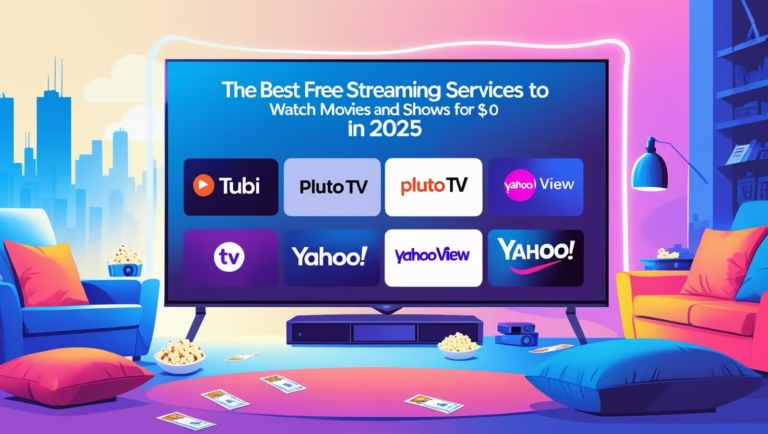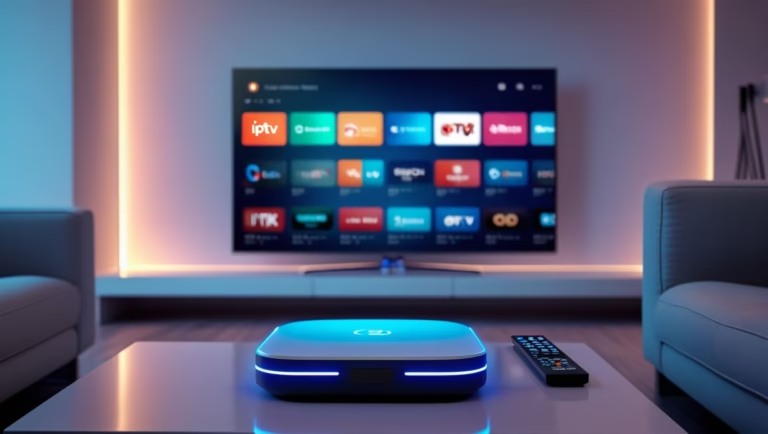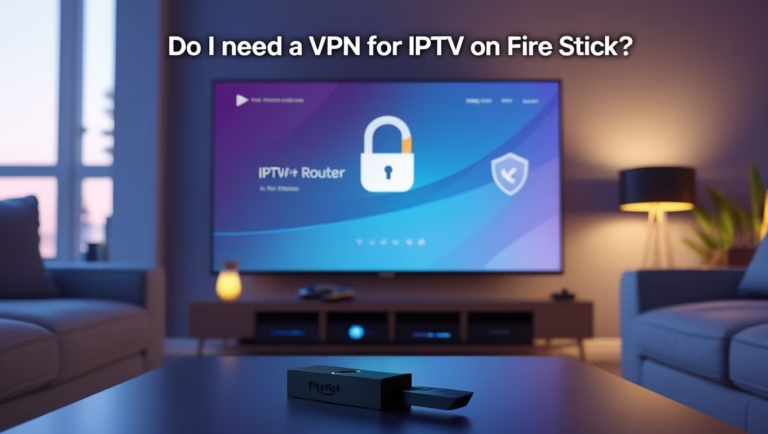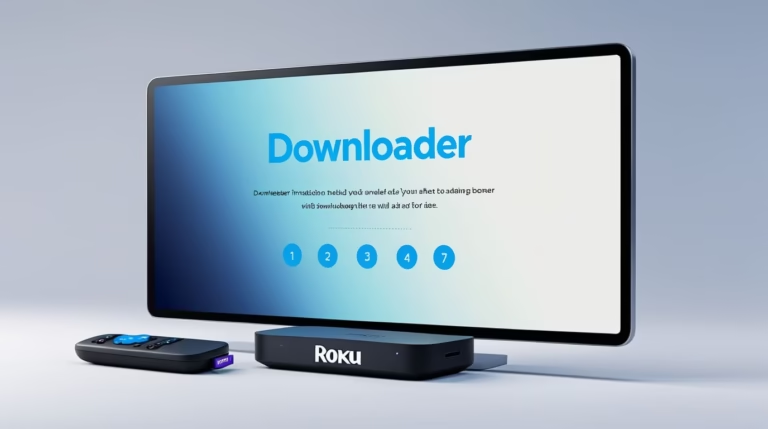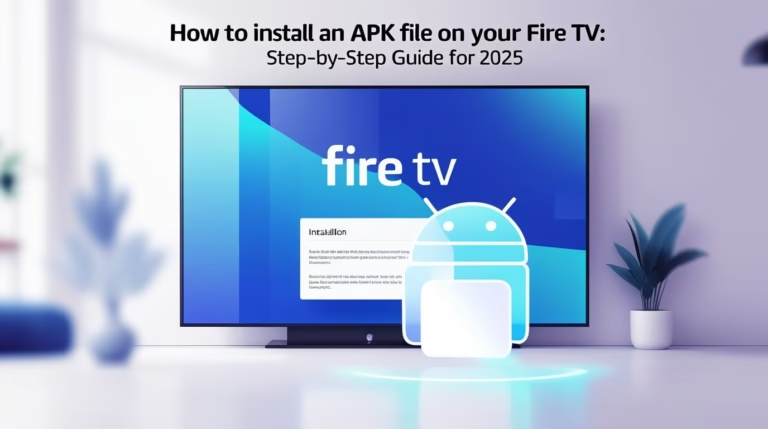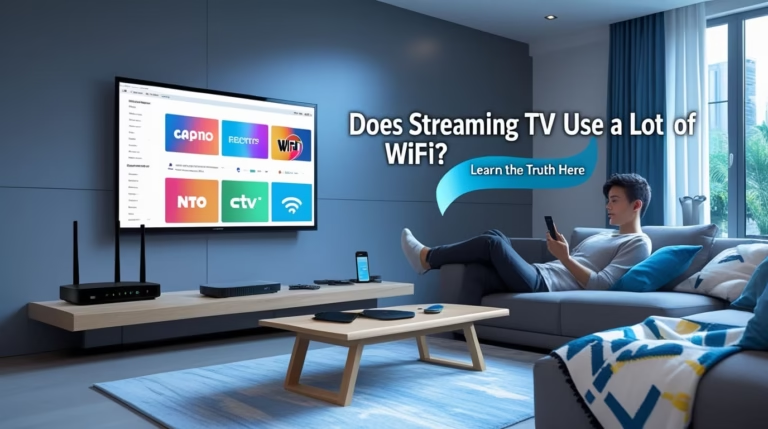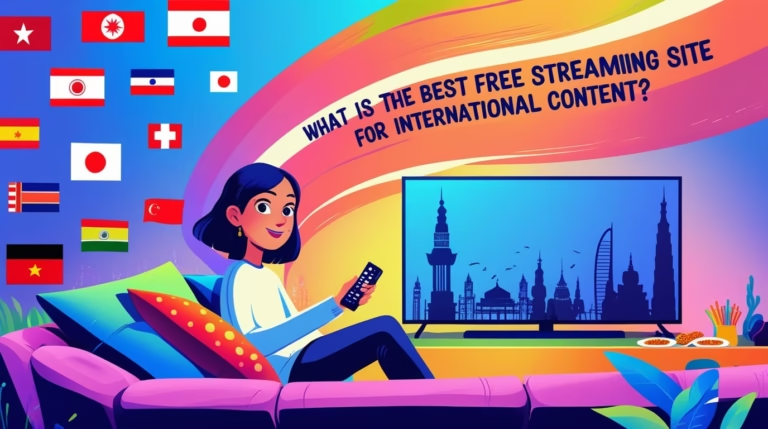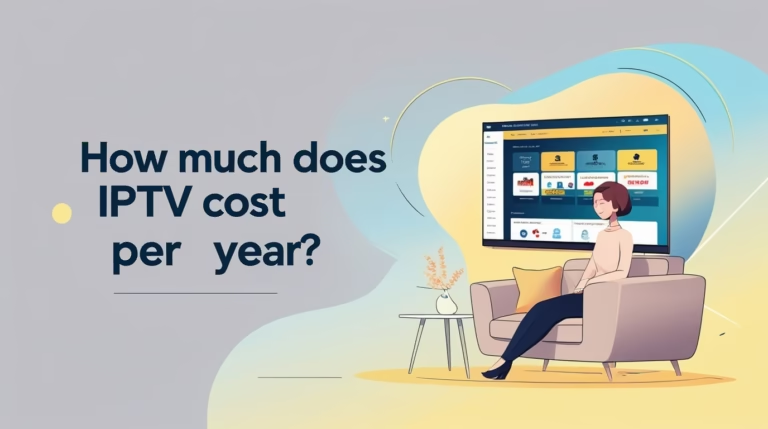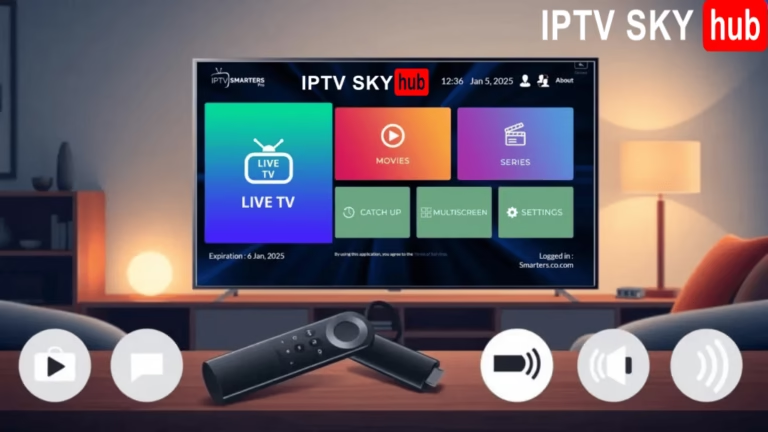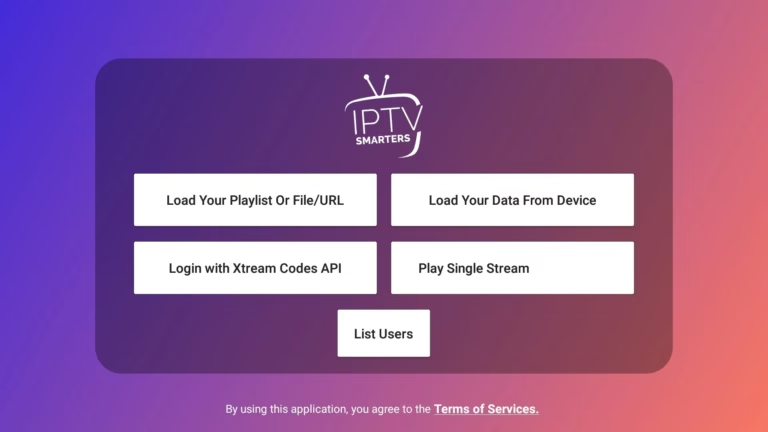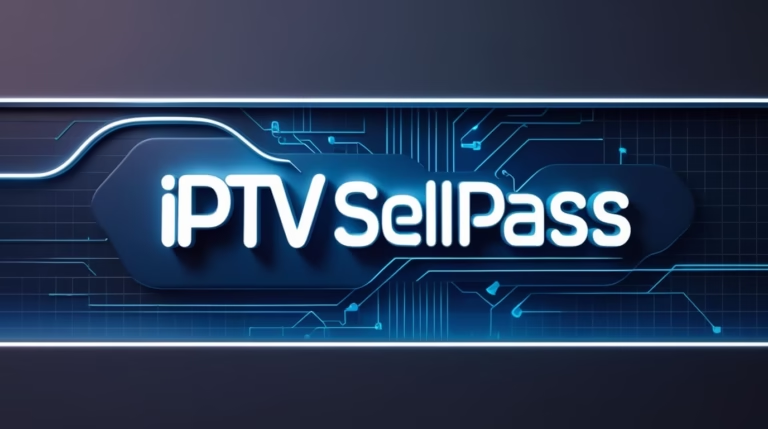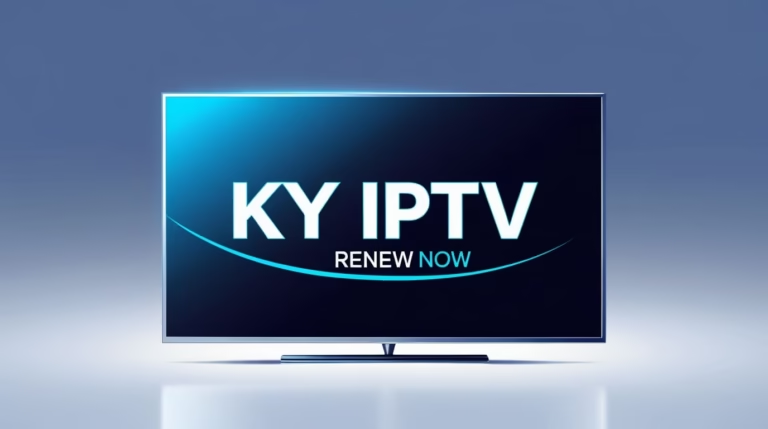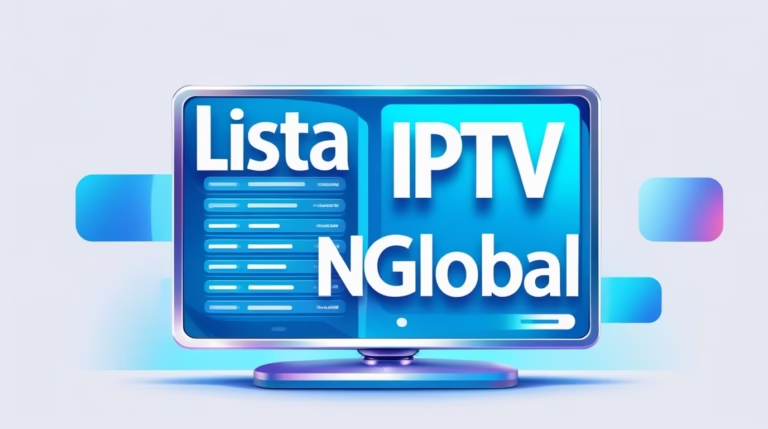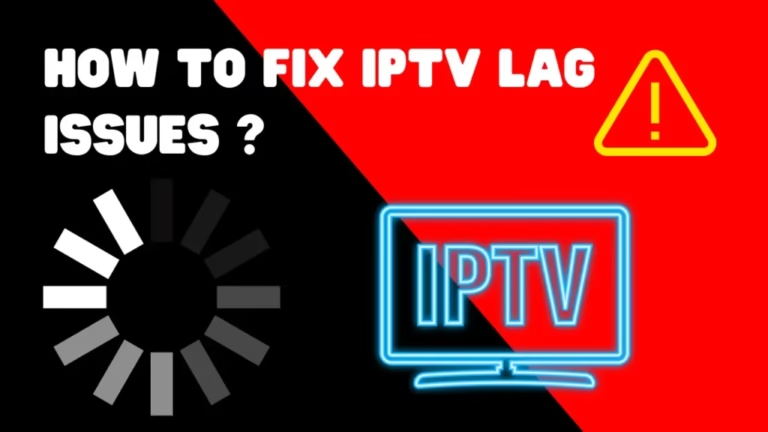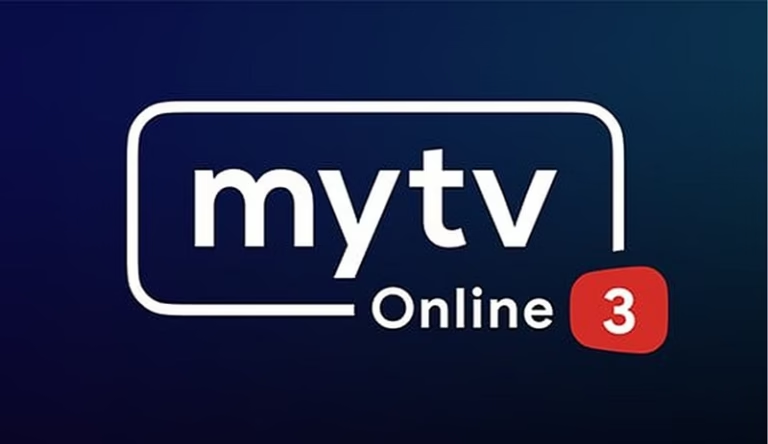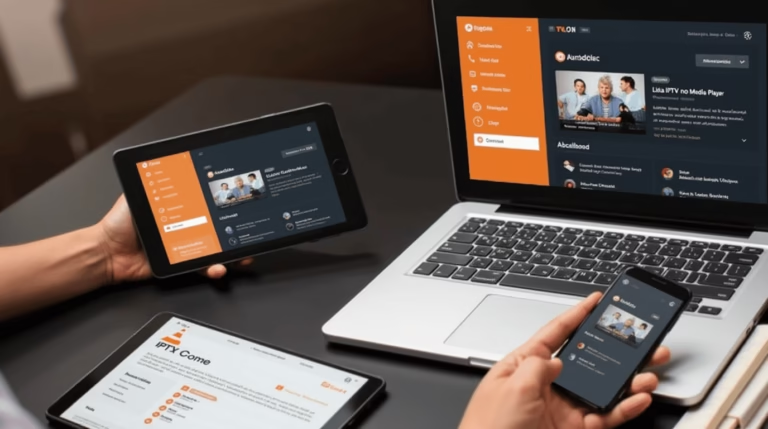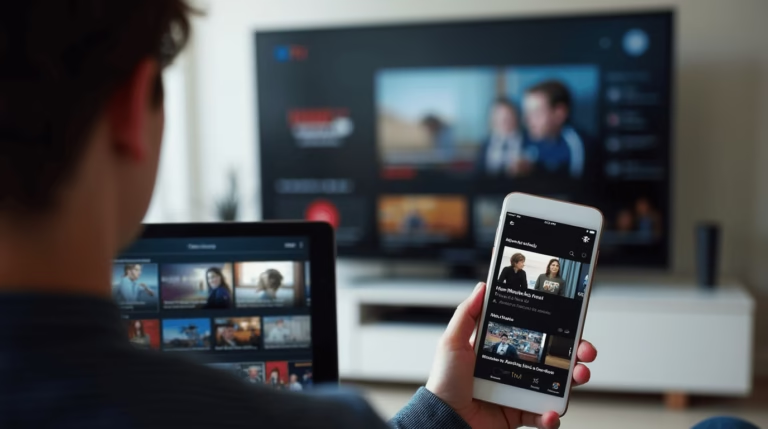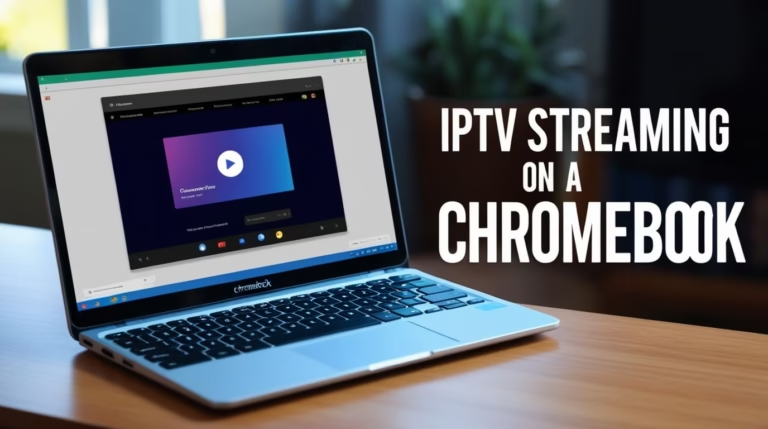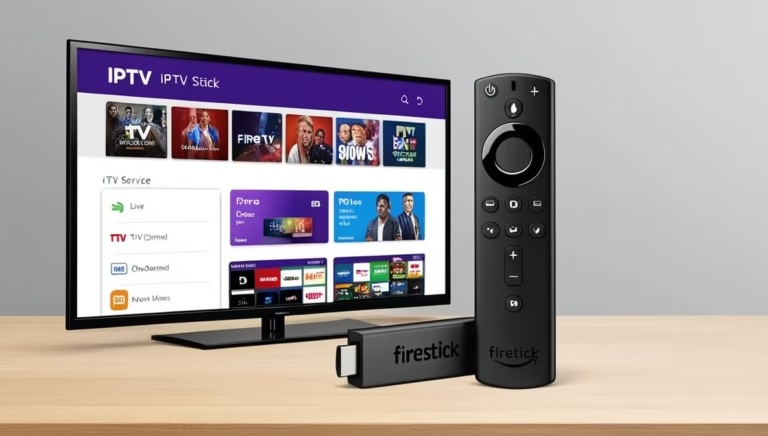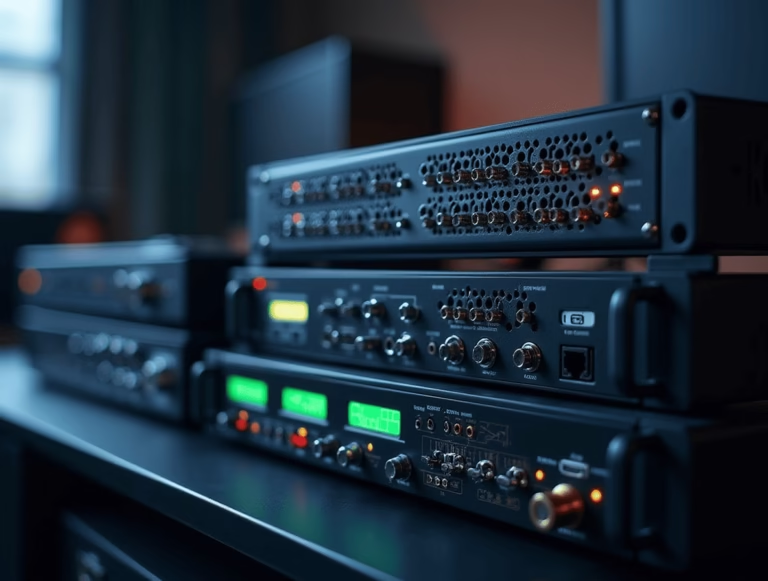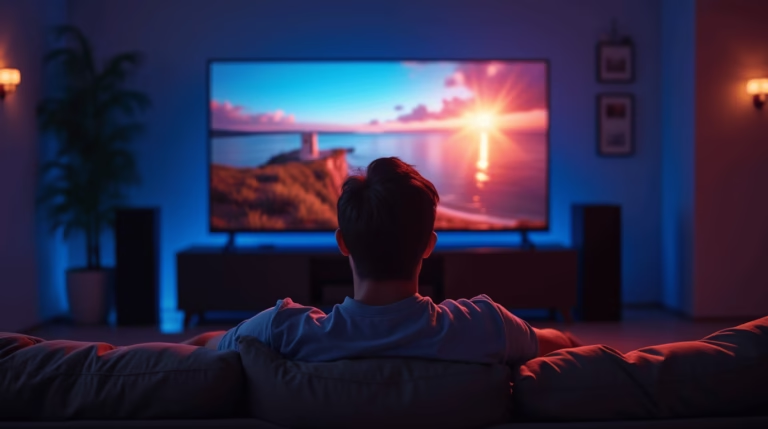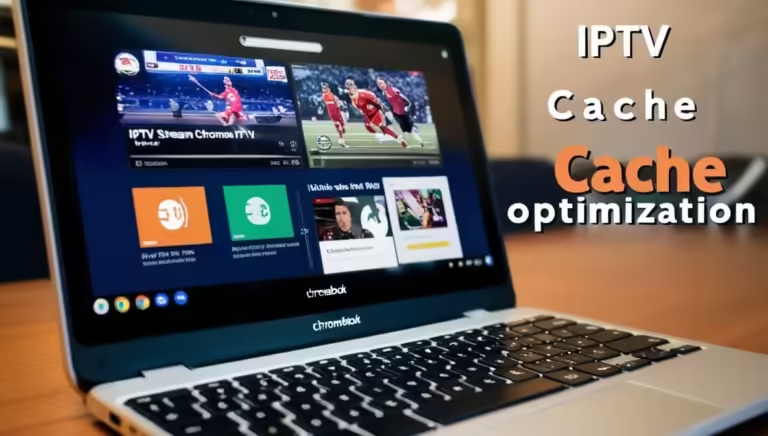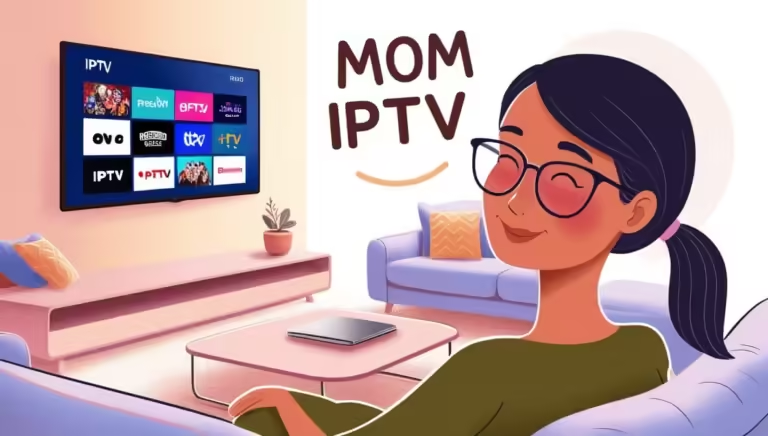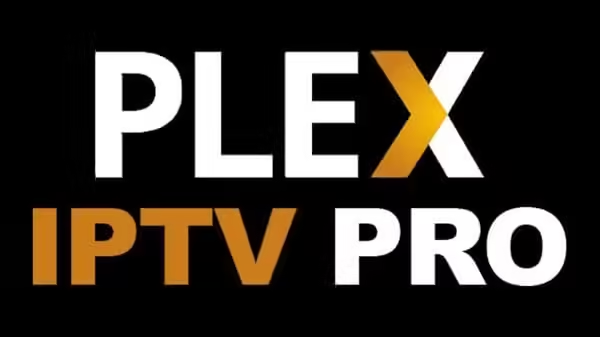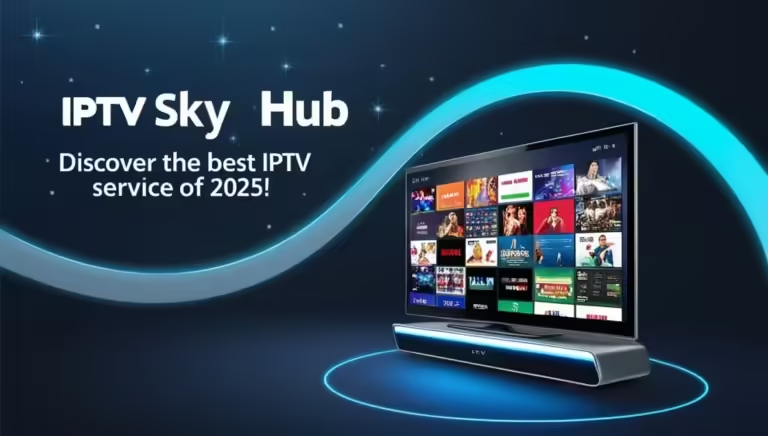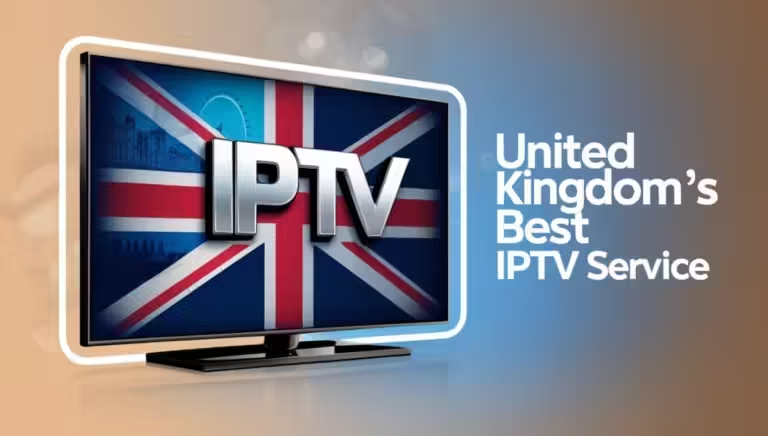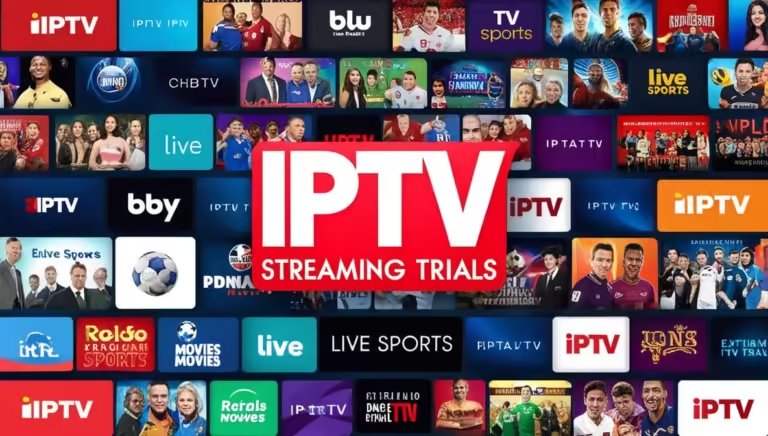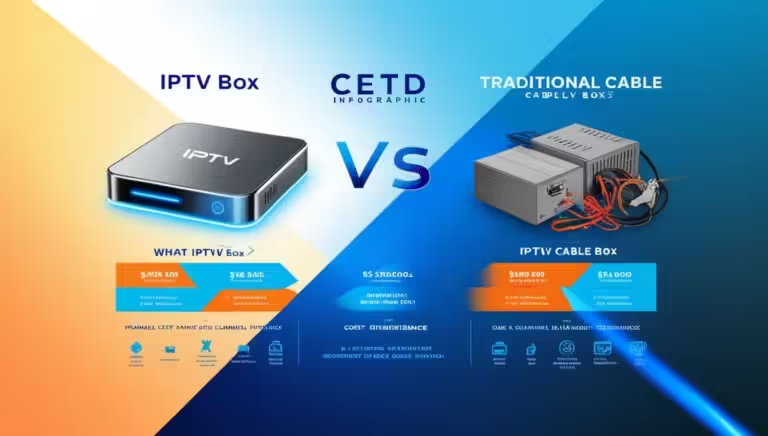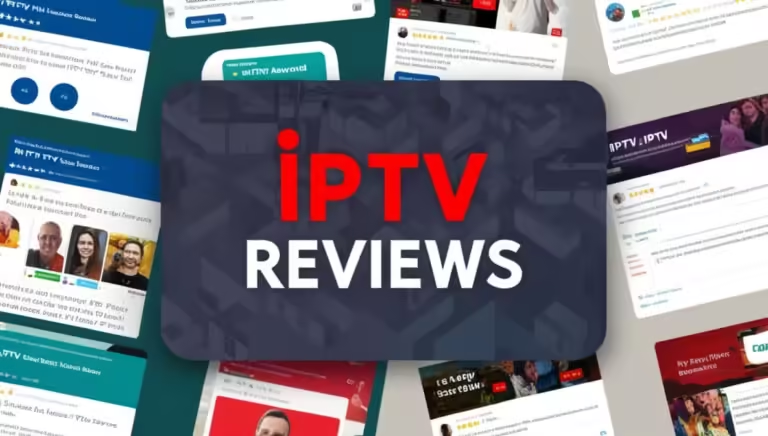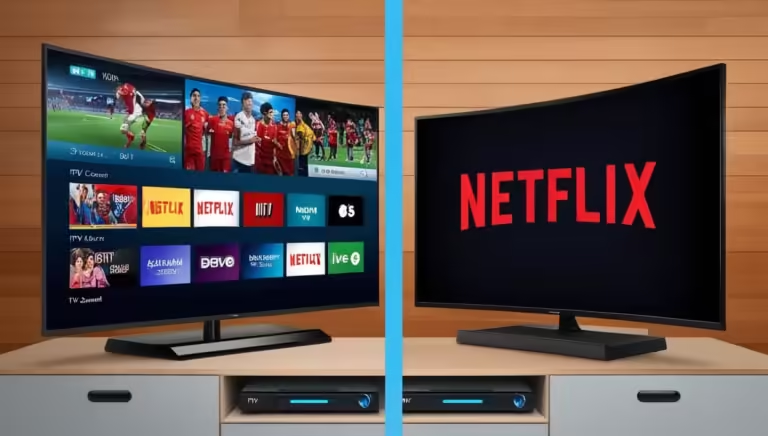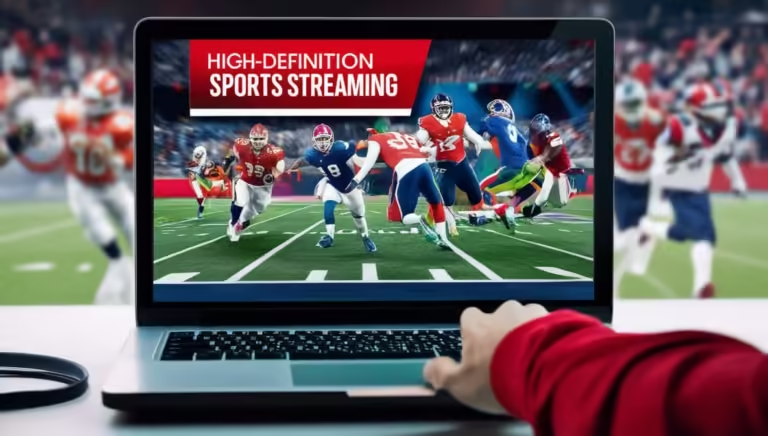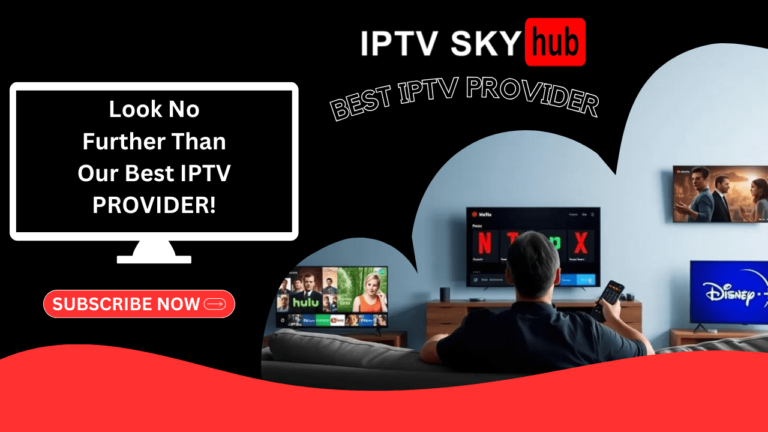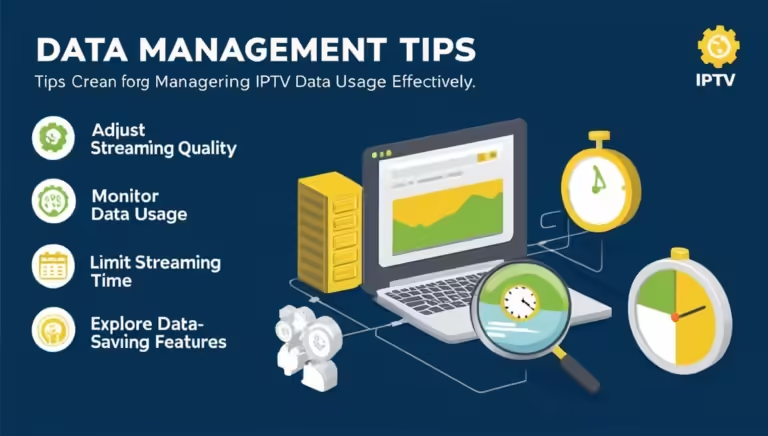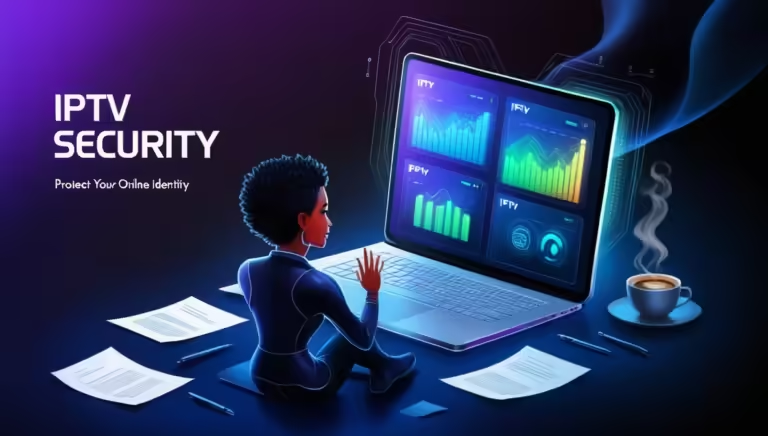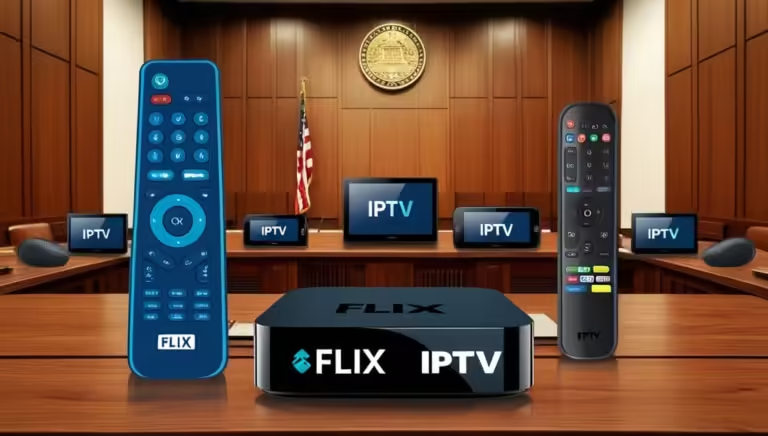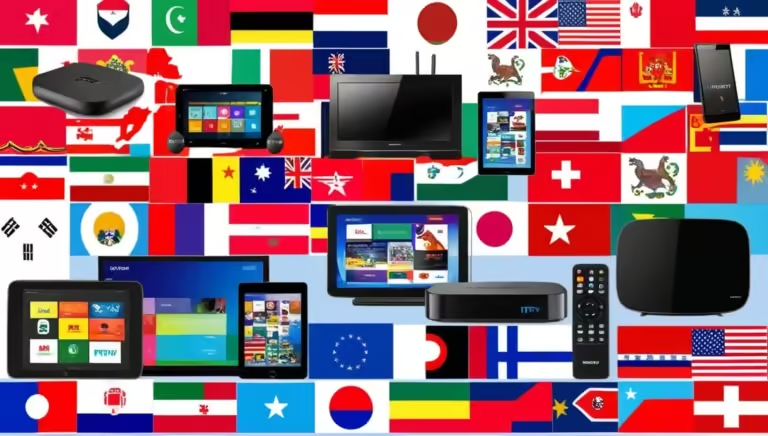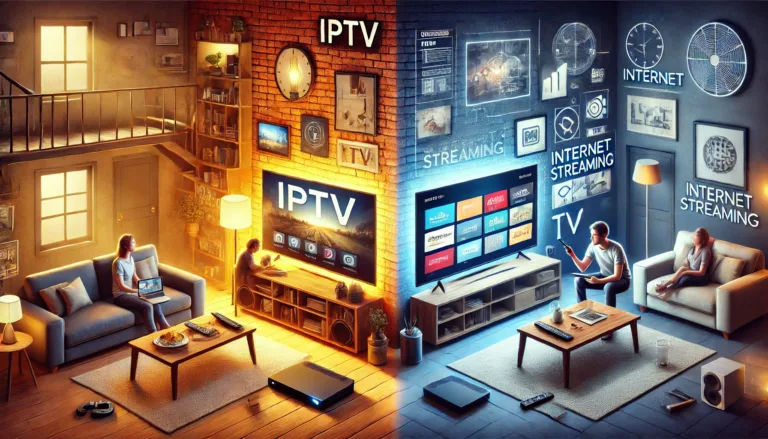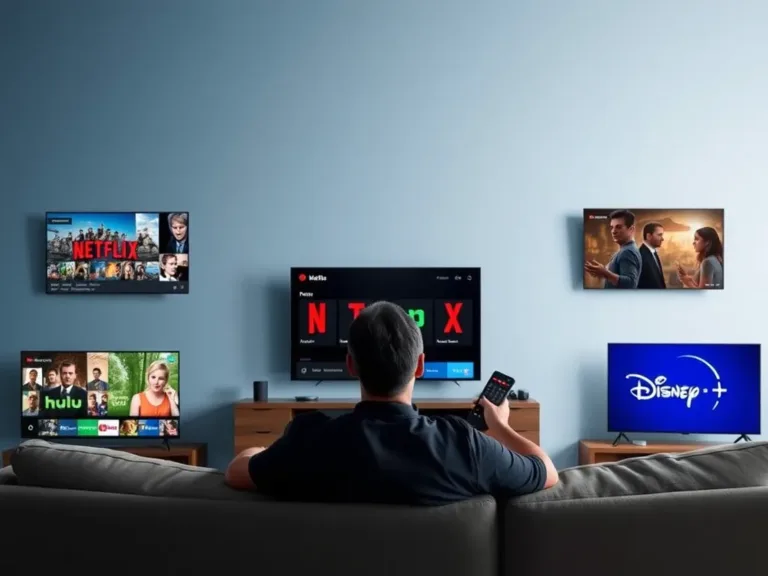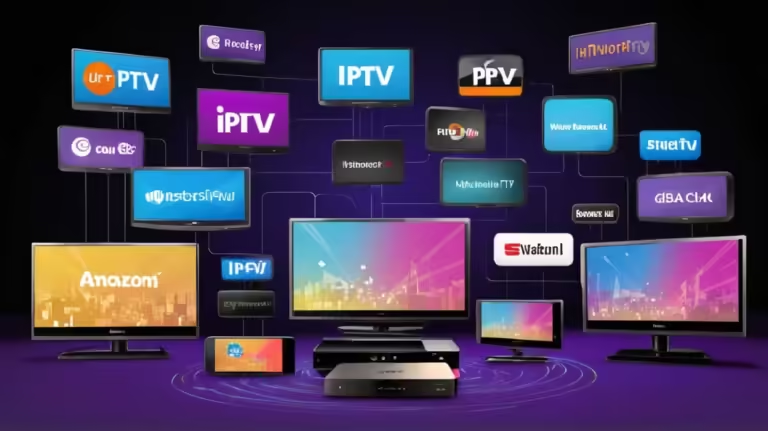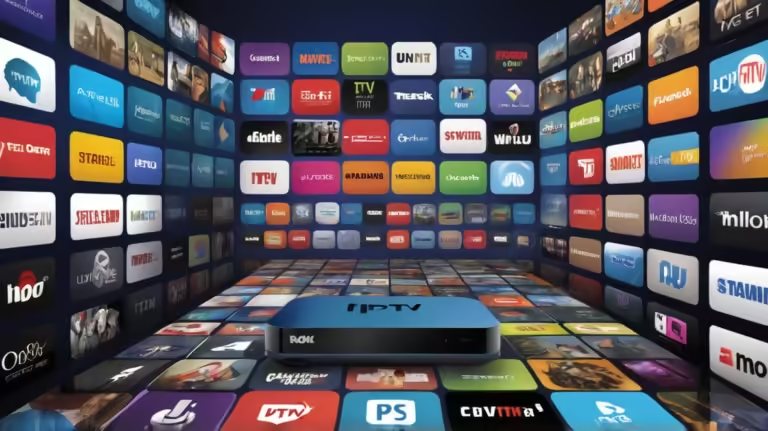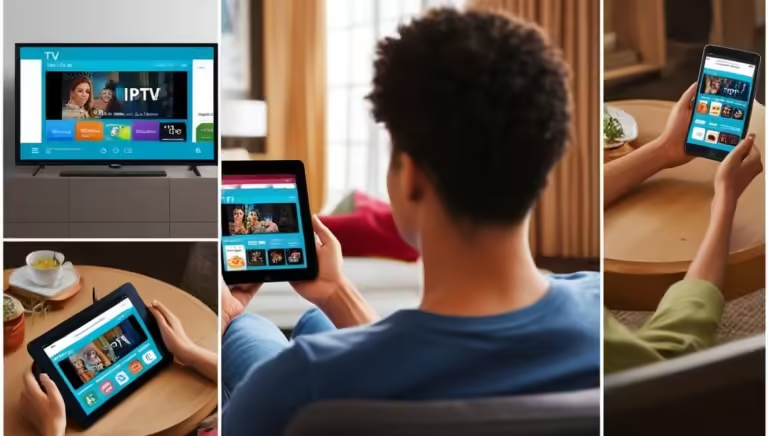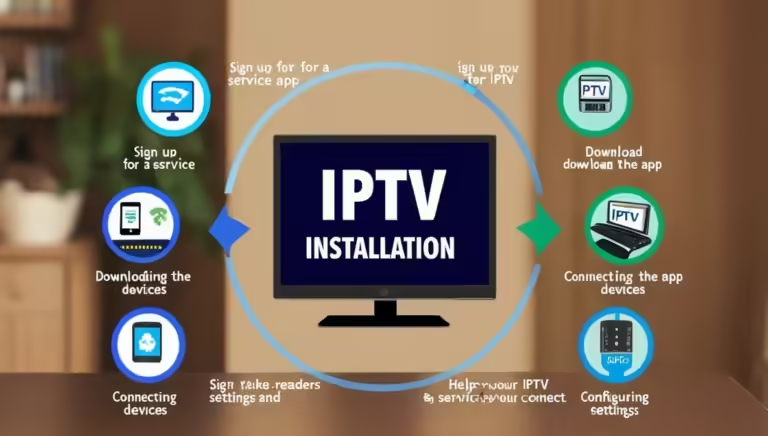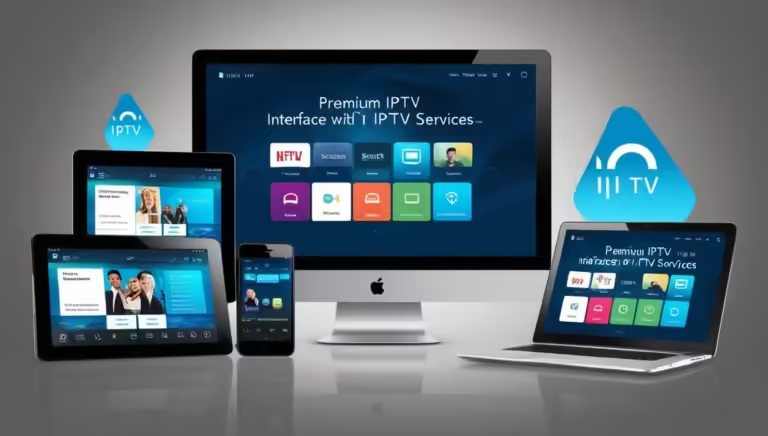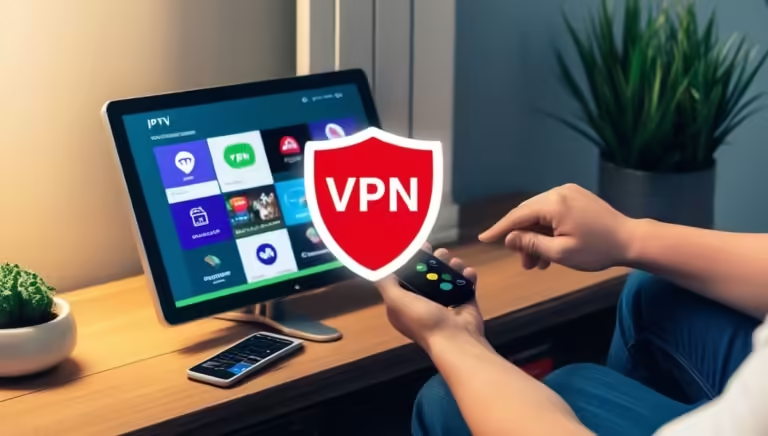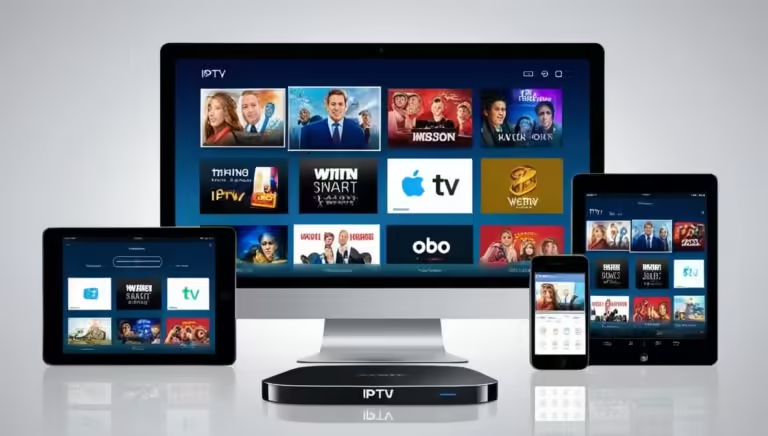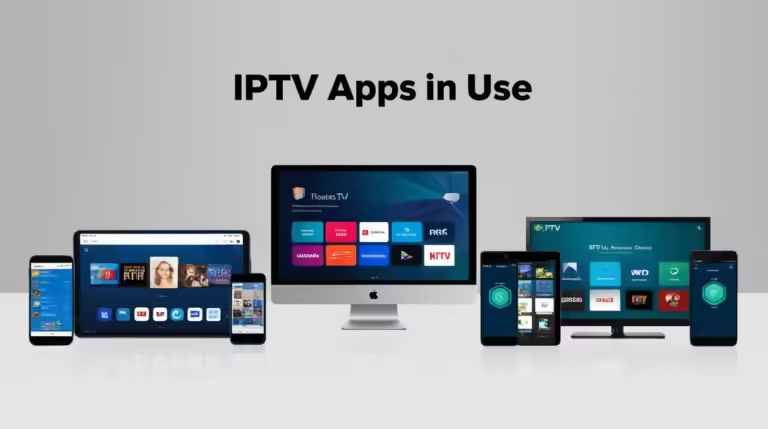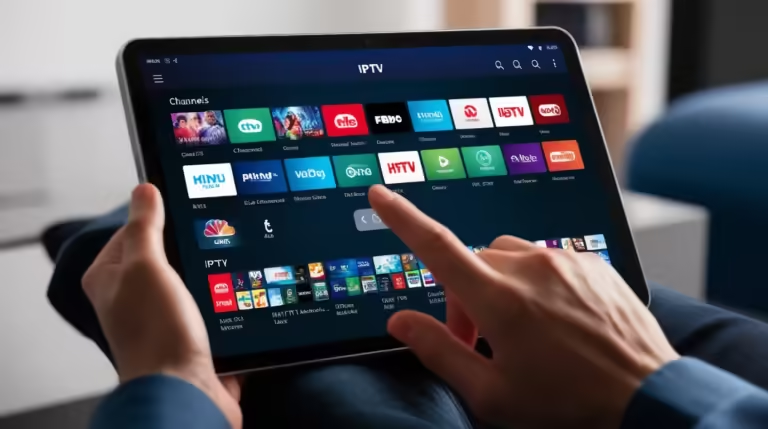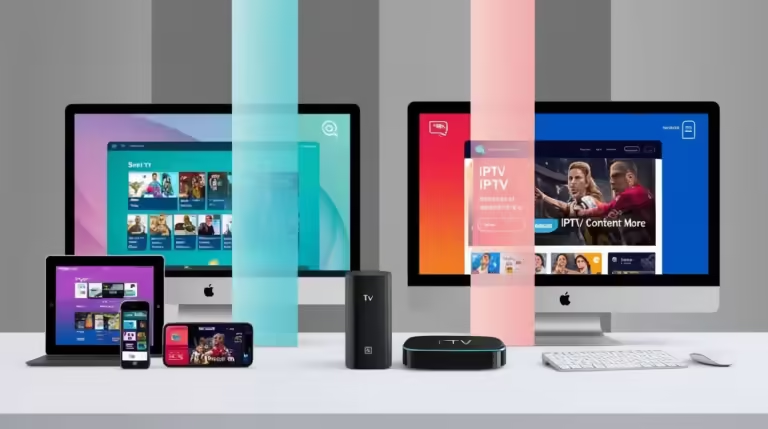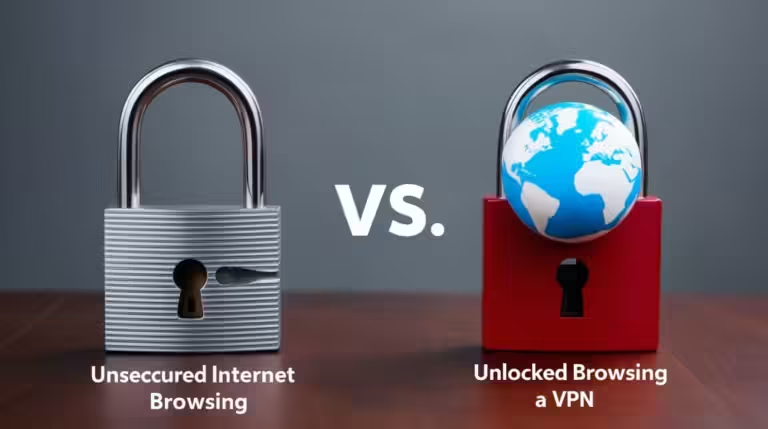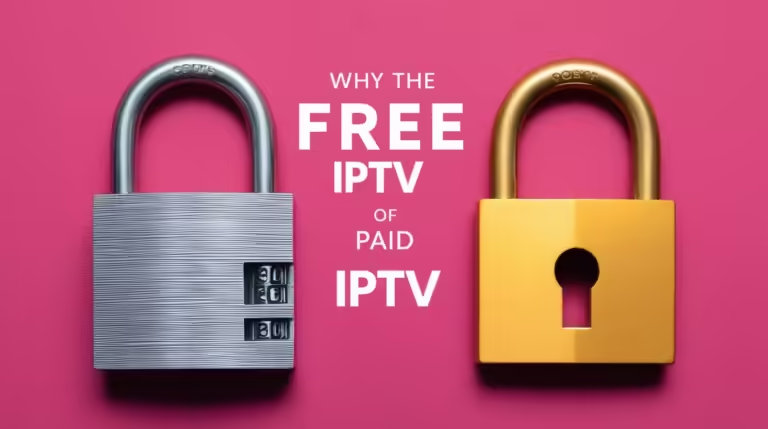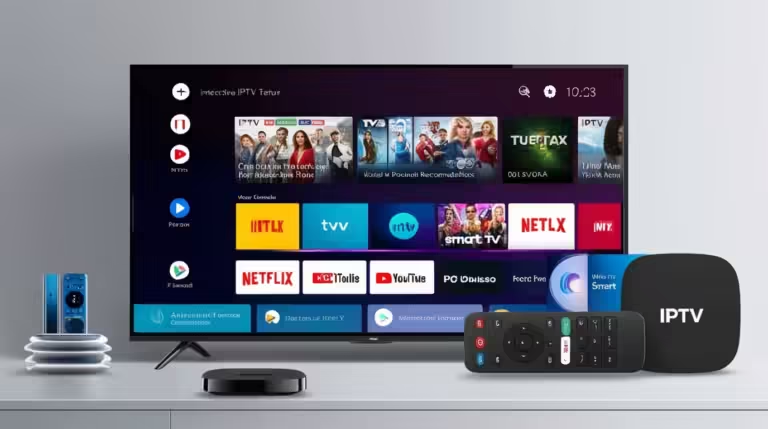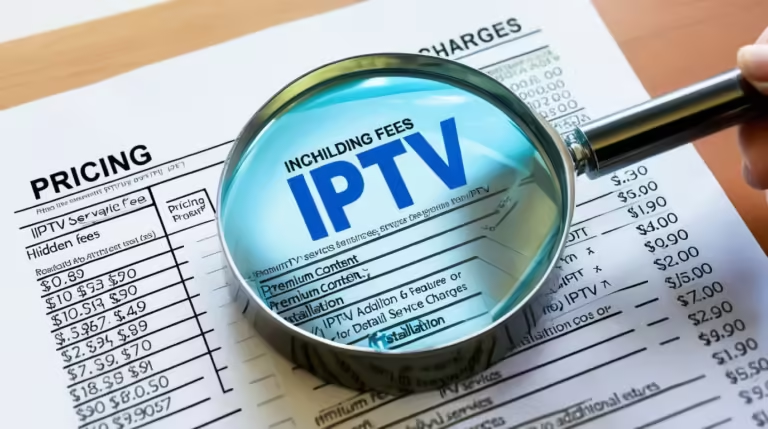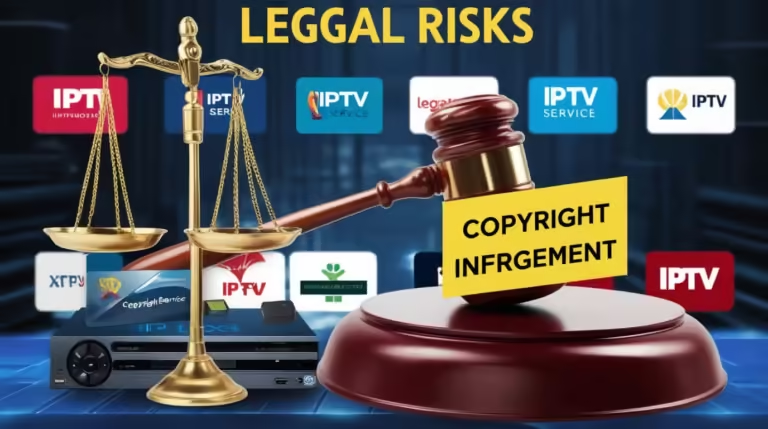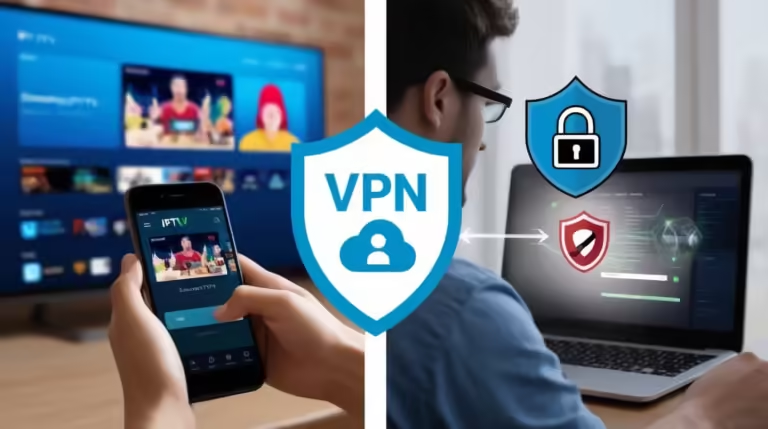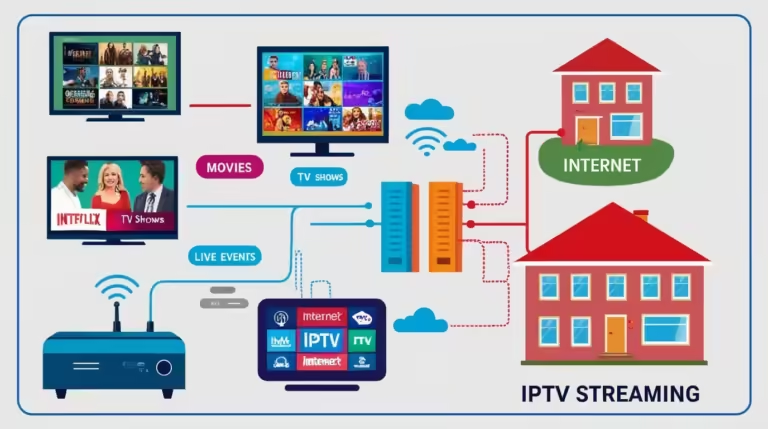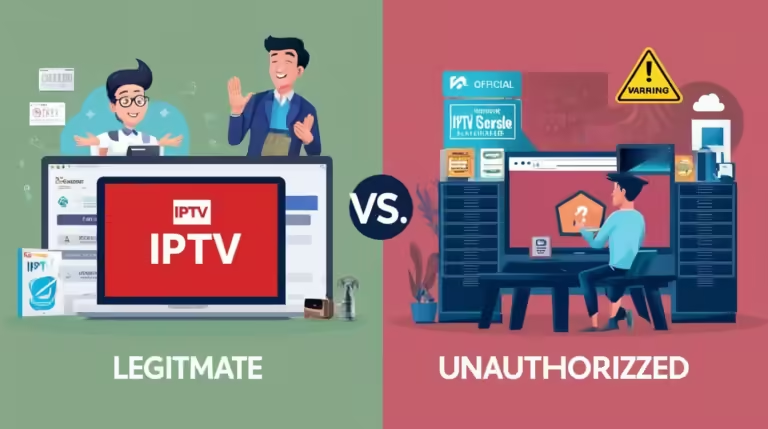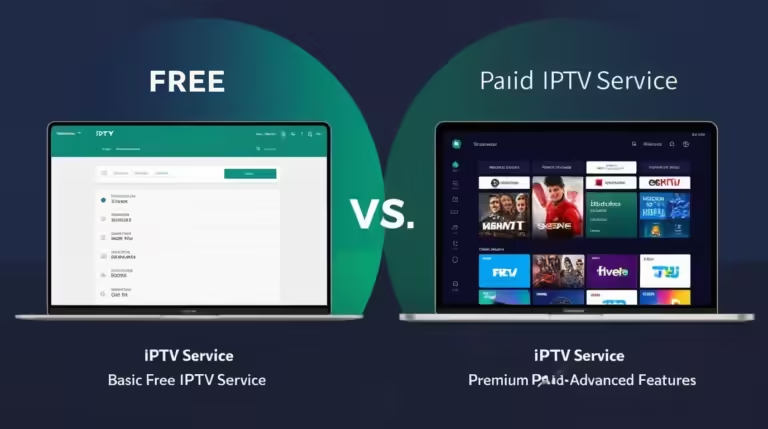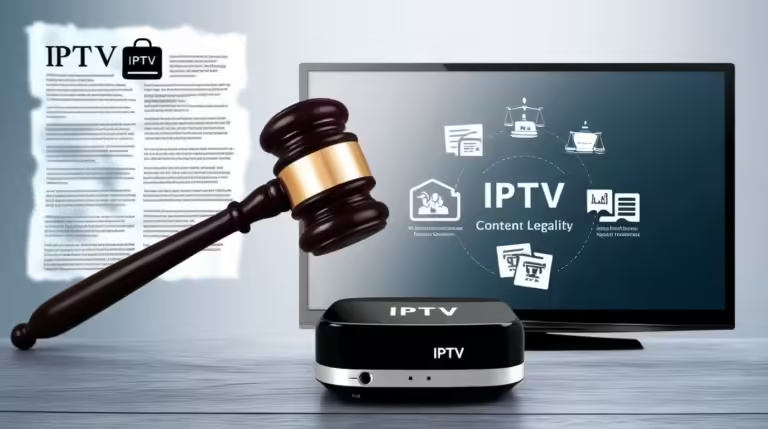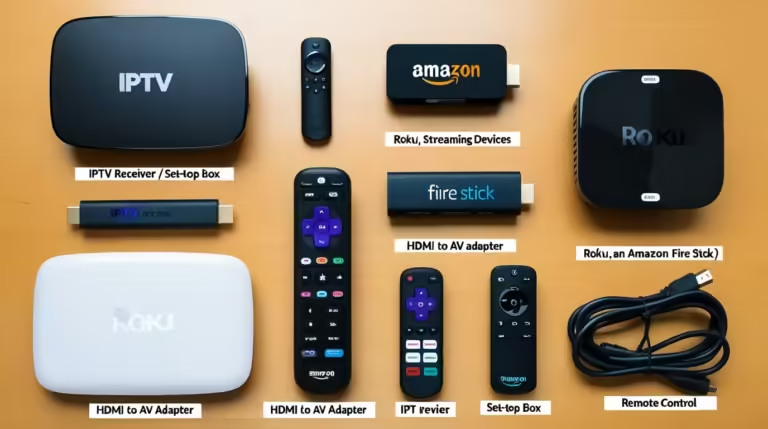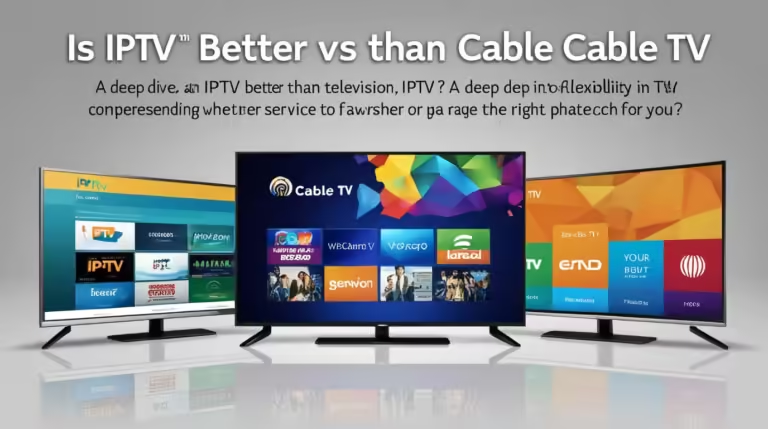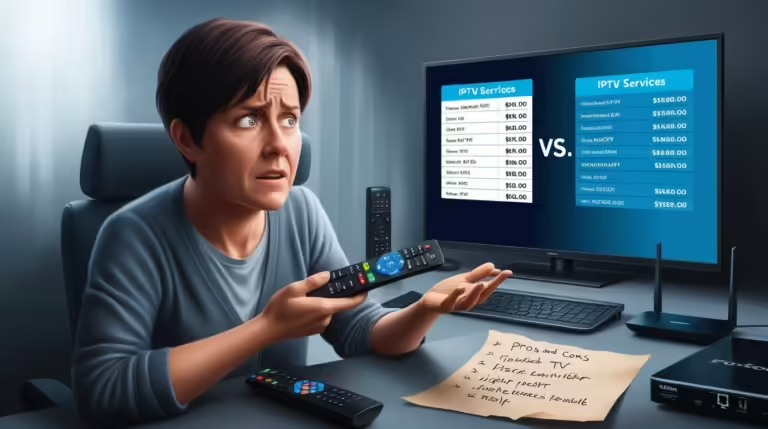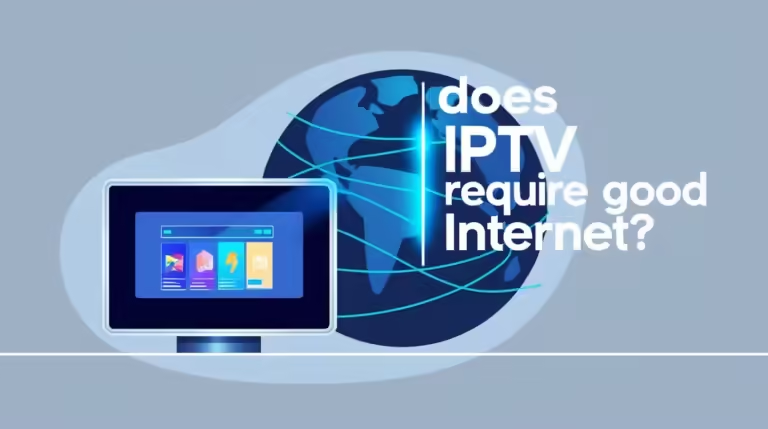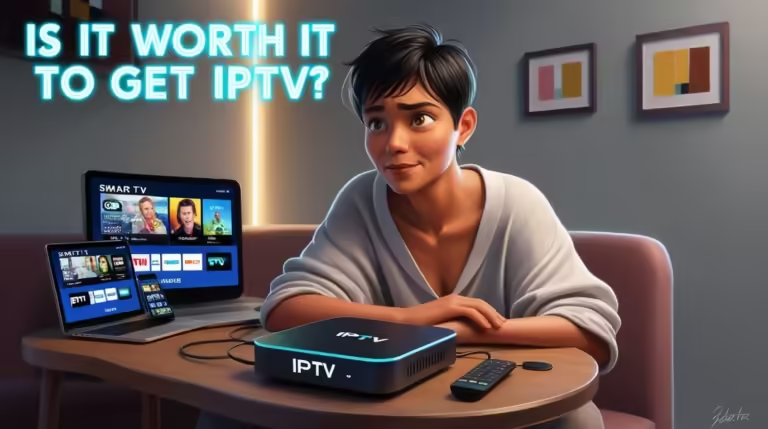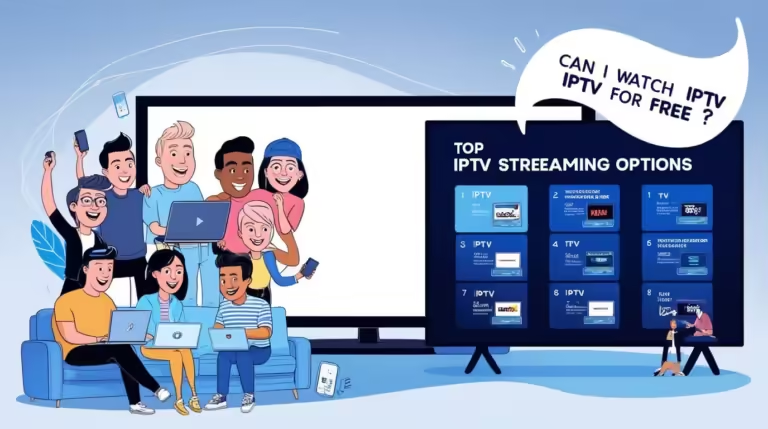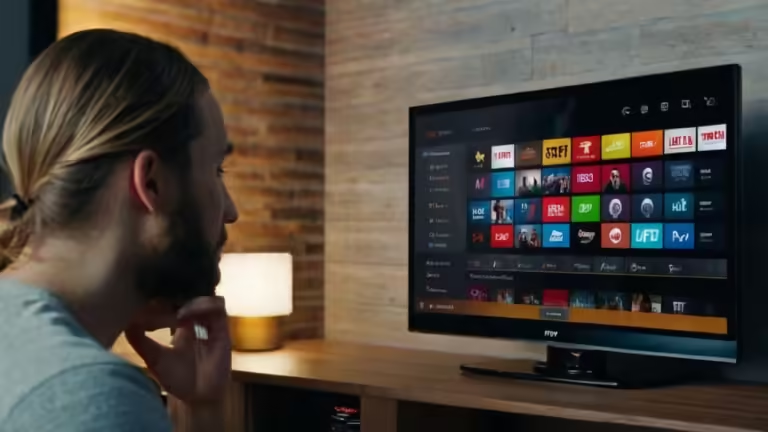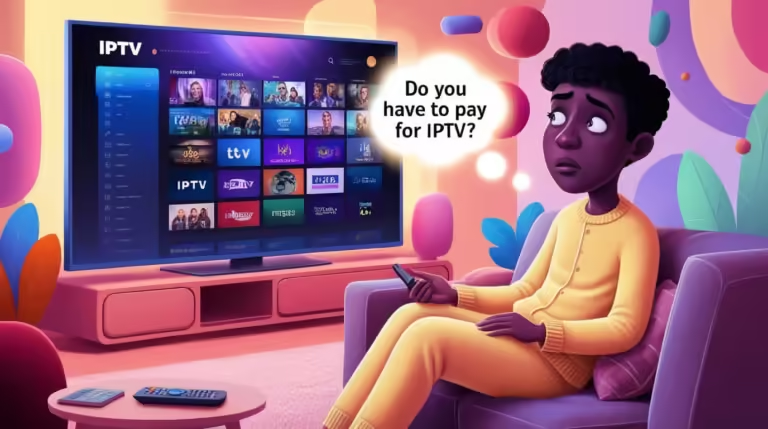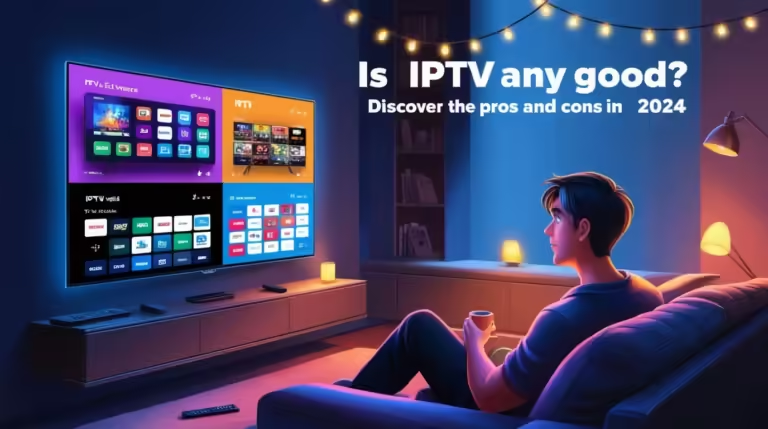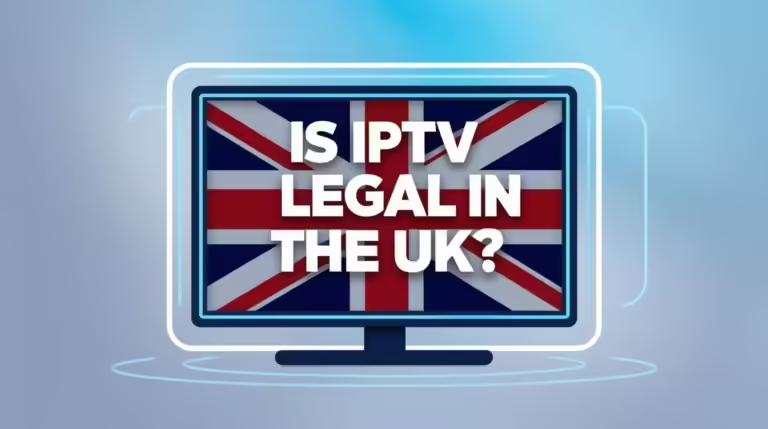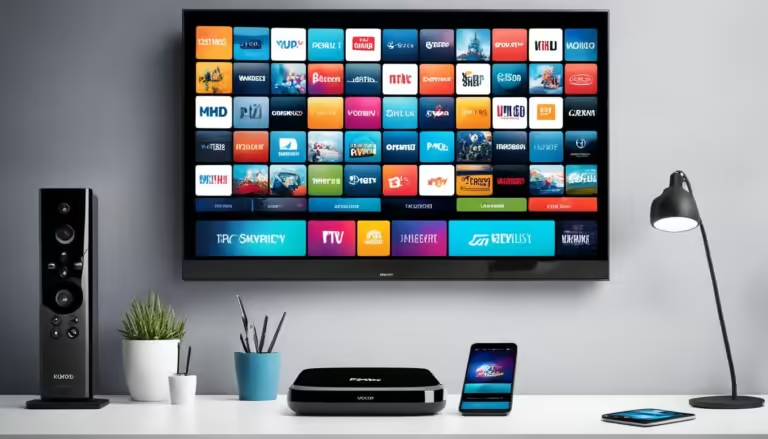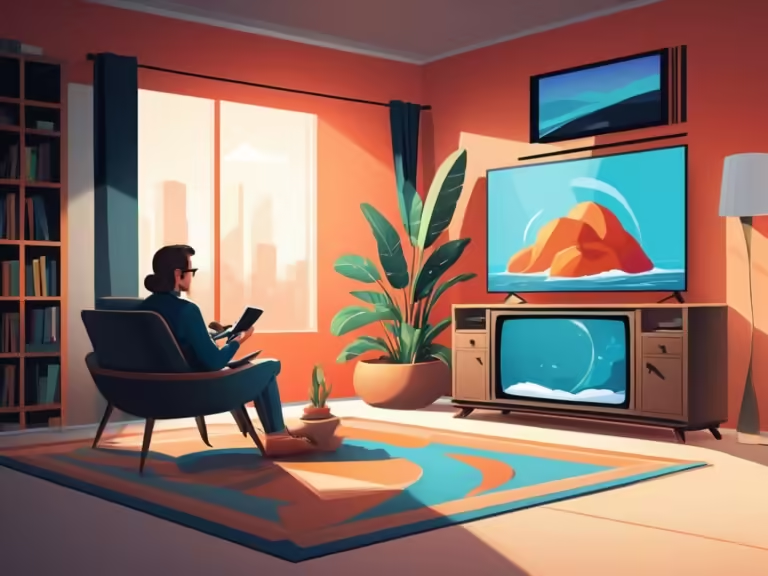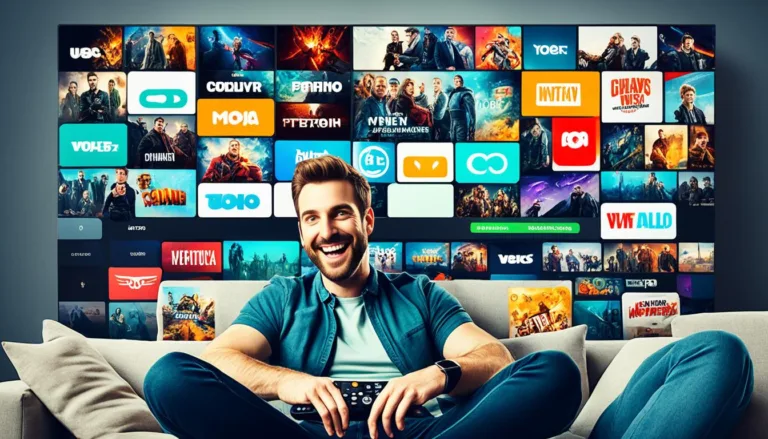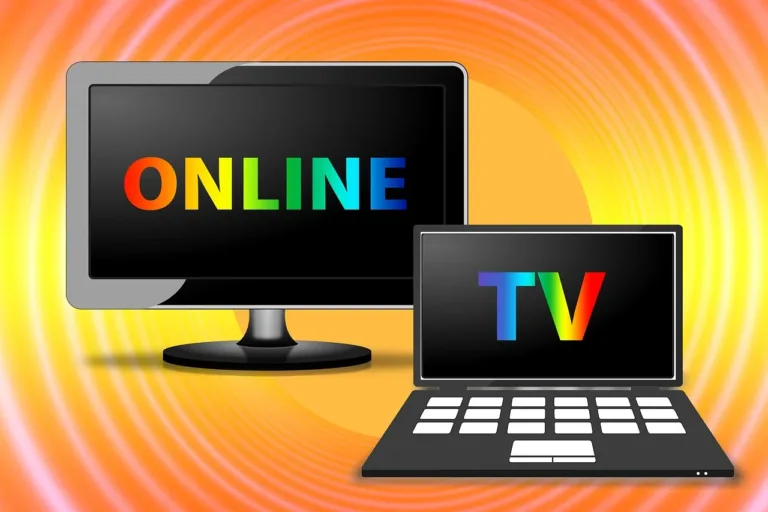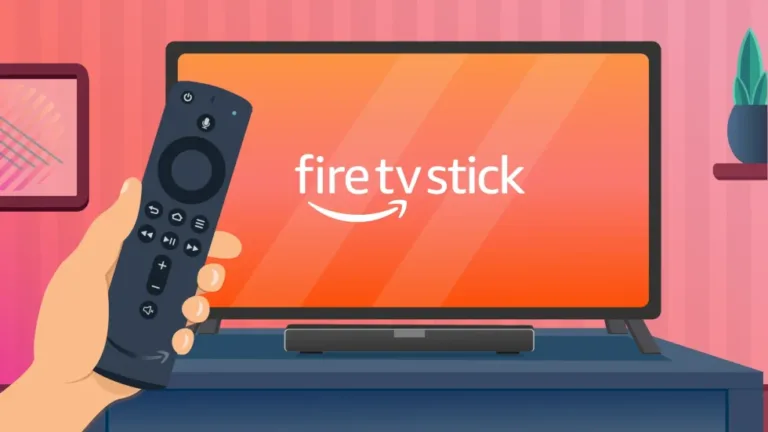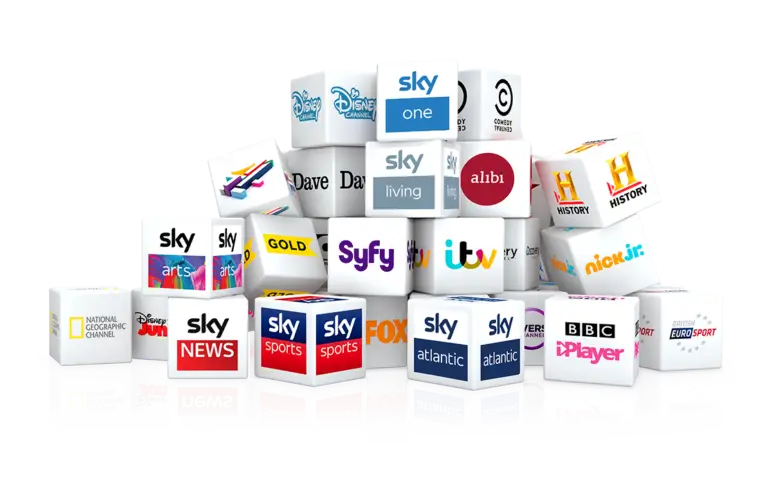The rise of streaming services has transformed how we consume entertainment. Gone are the days when families huddled around a single cable box with a limited set of channels. Today, platforms like Netflix, Hulu, Prime Video, Disney+, and even IPTV services have opened up a universe of on-demand content. But as streaming grows, so do the barriers—geo-restrictions, licensing issues, content blackouts, and internet throttling all stand in the way of a seamless experience.
That’s where Virtual Private Networks (VPNs) enter the scene. Originally designed as tools for corporate privacy and online security, VPNs are now mainstream. Millions of people rely on them daily—not just for encrypting data, but for unlocking streaming libraries, avoiding ISP throttling, and staying safe on public Wi-Fi.
This brings us to the key question that so many binge-watchers, sports fans, and casual viewers ask: “Is it OK to always on VPN while streaming?”
At first glance, it might seem like a simple yes-or-no question. But the reality is much more layered. VPNs can enhance your streaming life in countless ways, but they can also introduce challenges—like reduced speeds, server errors, or even conflicts with terms of service. The right choice depends on your goals, your devices, and the streaming services you use.
Topic Overview
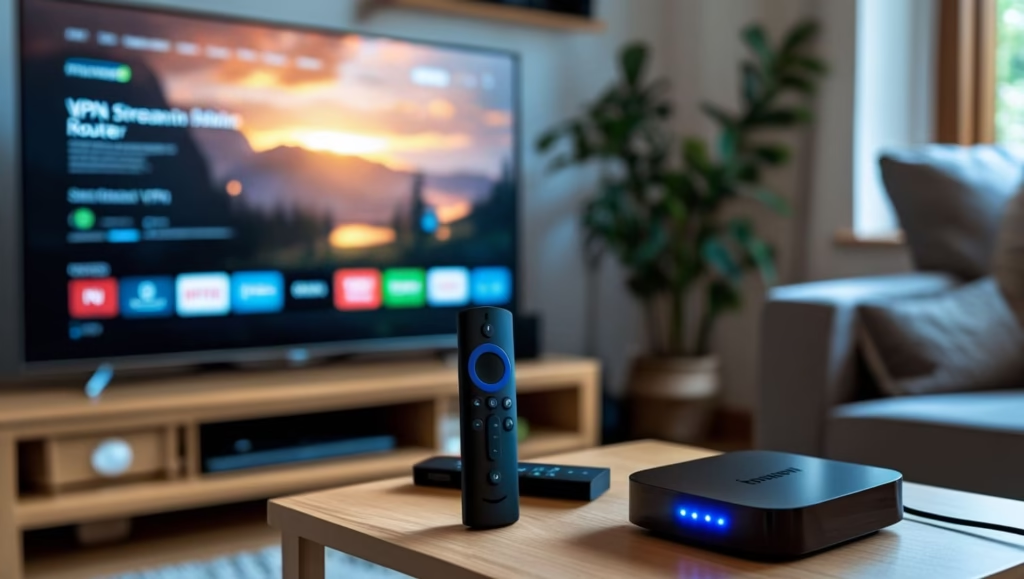
Is It OK to Always On VPN While Streaming? Let’s Set the Record Straight
The phrase “Is it OK to always on VPN while streaming?” is searched thousands of times each month, and for good reason. Streaming and VPNs go hand in hand, but there’s still confusion. Many people worry that VPNs are illegal or that streaming platforms will ban them for using one. Others are concerned about buffering, speed loss, or whether a VPN even helps with streaming.
Let’s start by breaking down the facts.
Why People Use VPNs for Streaming
- Privacy & Security – Every time you stream, your Internet Service Provider (ISP) can see what you’re watching. They might not care about your show choices, but they can log your activity, sell anonymized data, and even throttle your connection. A VPN encrypts your traffic so your ISP can’t snoop.
- Bypassing Geo-Restrictions – Netflix in the U.S. has a different library than Netflix in the UK or Japan. Hulu is only available in the U.S. BBC iPlayer is UK-only. Without a VPN, your options are limited to what your country allows.
- Avoiding ISP Throttling – ISPs sometimes slow down streaming traffic to save bandwidth. A VPN masks your traffic, making it harder for them to target you.
- Accessing Blocked Content – Some workplaces, schools, or even entire countries block streaming platforms. VPNs open the doors again.
The Downsides of Always-On VPN Streaming
- Potential Speed Loss – Because VPNs encrypt data, they can reduce speeds. High-quality providers minimize this, but free or low-tier VPNs often make streaming painful.
- Compatibility Issues – Some streaming platforms, like Netflix, detect and block VPN traffic. You might get a dreaded “proxy error.”
- Device Limitations – Not every smart TV or streaming device supports VPN apps, making “always-on” tricky.
Legality Concerns
A common myth is that VPN use for streaming is illegal. That’s not true. VPNs are legal in most countries, and simply using one won’t get you in trouble. The gray area is when you use a VPN to bypass licensing restrictions—for example, watching U.S. Netflix in Europe. This isn’t a crime, but it does technically violate Netflix’s terms of service. The worst that usually happens is a blocked stream until you switch servers.
The Bottom Line
So, is it OK to always on VPN while streaming? Yes—it’s safe, legal (in most places), and often beneficial. But you’ll need a quality VPN provider, a good internet speed, and some patience when dealing with occasional proxy blocks. For many users, the benefits—privacy, access, and freedom—far outweigh the downsides.
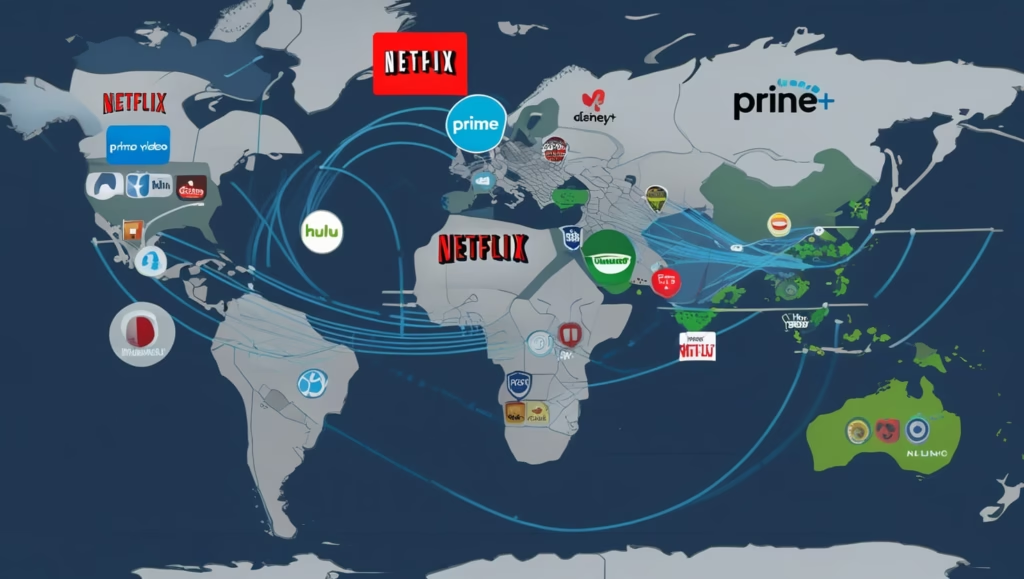
Is It OK to Always On VPN for Binge-Watching on Netflix, Hulu & Prime Video?
Netflix, Hulu, and Prime Video are the holy trinity of streaming platforms, each with its quirks. If you’re a binge-watcher, you might be asking: “Is it OK to always on VPN for these services?” The answer depends on how you use them.
Netflix and VPNs: A Complicated Relationship
Netflix operates in nearly every country—but not all libraries are equal. For example:
- Netflix U.S. has the largest catalog, including blockbuster movies.
- Netflix Japan is a haven for anime lovers.
- Netflix UK carries many BBC series and unique dramas.
Without a VPN, you’re locked into your local catalog. That’s why Netflix users love VPNs—they let you jump between libraries.
But Netflix actively blocks VPN IPs. If your VPN isn’t strong enough, you’ll get the “You seem to be using an unblocker or proxy” message. The good news? Top-tier VPNs constantly refresh their IPs to stay ahead.
Hulu: U.S.-Only Access
Hulu is trickier. It’s only available in the U.S. and Japan. If you’re outside these regions, you’ll need a VPN with U.S. servers. Keeping your VPN always on is often necessary just to access Hulu at all.
Prime Video: Country-Based Licensing
Amazon Prime Video offers global access, but the catalog changes by region. Some shows available in Canada may not be in the U.S. With a VPN, you can explore other countries’ catalogs, but like Netflix, Amazon tries to block VPN usage.
Why Always-On VPN Helps Binge-Watchers
- Unlimited Library Access – No more “not available in your region.”
- Consistent Privacy – ISPs can’t log what you’re watching.
- Travel Freedom – If you’re abroad, you can still watch your home content.
Downsides to Watch Out For
- Buffering – If your VPN server is far from your location, speeds may drop.
- Blocked Servers – Sometimes you’ll need to test multiple servers before one works.
- Account Flags – While rare, some users report streaming accounts acting strangely when VPN usage is detected.
Final Take
Is it OK to always on VPN while binge-watching Netflix, Hulu, and Prime Video? Absolutely. In fact, it’s the only way many users can access the full potential of these platforms. Just remember that server switching may be part of your routine if one IP gets blocked.
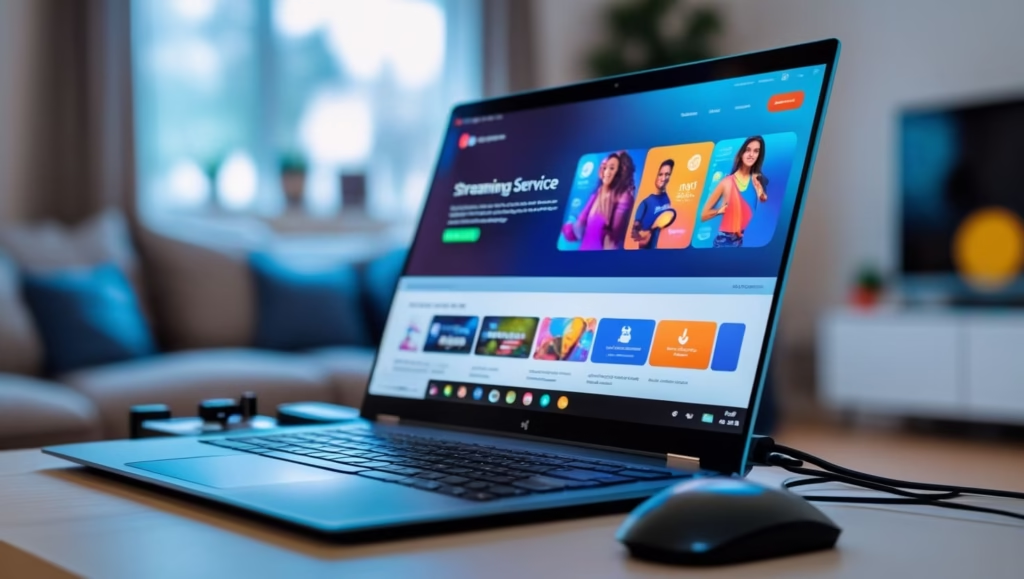
Is It OK to Always On VPN with IPTV Services and Live Sports Streams?
IPTV (Internet Protocol Television) has exploded in popularity. Combined with live sports streams, it offers a powerful alternative to cable. But IPTV often raises questions about legality, privacy, and access. This is where VPNs come in.
IPTV and VPNs: Why They Go Together
- Privacy Protection – IPTV providers, especially unofficial ones, may log your activity. A VPN shields you.
- Avoiding ISP Interference – Some ISPs throttle IPTV traffic heavily. A VPN disguises it.
- Global Sports Access – Many sports leagues, like the NFL or Premier League, impose blackout restrictions. With a VPN, you can connect to a region where the game is available.
Live Sports and Geo-Restrictions
Sports are the most geo-restricted type of entertainment. For example:
- U.S. viewers may miss out on soccer leagues shown only in Europe.
- Canadian hockey games may be blocked locally due to broadcasting rights.
- Tennis tournaments like Wimbledon may only be available in certain regions.
Always-on VPN usage ensures you don’t miss games, no matter where you are.
Risks with IPTV and VPN
- Legal Gray Areas – Unofficial IPTV services may stream copyrighted content without proper licensing. A VPN won’t make this legal, but it does add a layer of anonymity.
- Buffering Issues – Live streams are more sensitive to delays. A slow VPN connection can ruin the experience.
- Setup Complexity – IPTV often requires configuring apps, Firesticks, or smart TVs. Adding a VPN can complicate things for beginners.
The Verdict
So, is it OK to always on VPN with IPTV and live sports? Yes—especially if you value privacy and unrestricted access. But you’ll want a fast, stable VPN that can handle live HD streaming without hiccups.
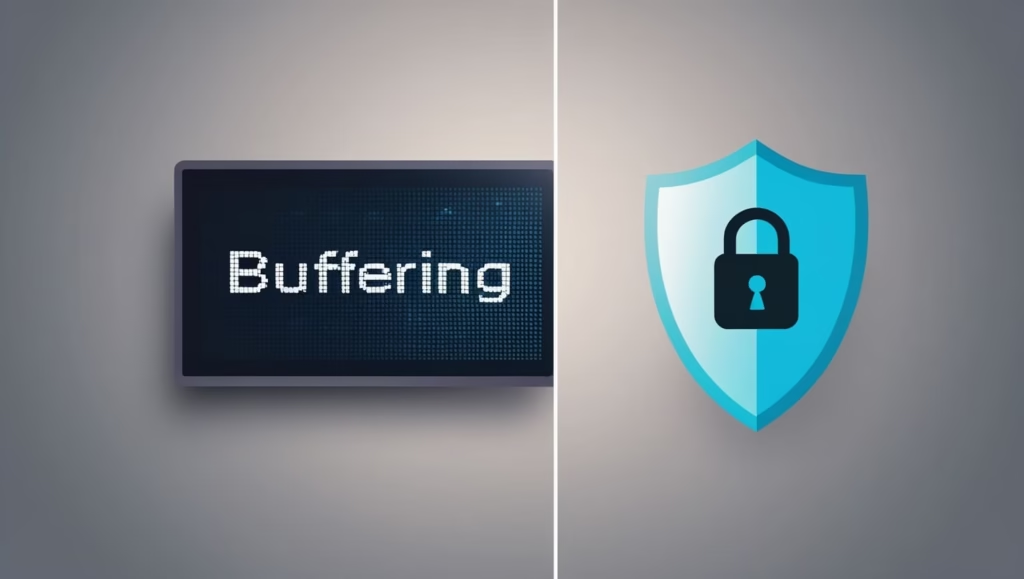
Is It OK to Always On VPN Without Slowing Down Your Streaming Speeds?
The biggest fear users have is speed loss. After all, what good is Netflix if it buffers every few minutes? So, is it OK to always on VPN without slowing down your streaming? Let’s explore.
Why VPNs Affect Speed
VPNs route your traffic through an encrypted tunnel to a remote server. This adds:
- Encryption Overhead – Encrypting and decrypting takes processing power.
- Extra Distance – If your VPN server is far away, data travels longer routes.
- Server Congestion – If too many people are on the same VPN server, speeds suffer.
How Modern VPNs Solve This
- Optimized Protocols – Protocols like WireGuard are extremely fast.
- Smart Routing – Premium VPNs balance server loads to reduce congestion.
- Nearby Servers – Choosing servers close to your real location minimizes distance.
Speed Tests
Studies show that high-quality VPNs typically reduce speed by only 5–15%. For a 100 Mbps connection, that’s still plenty for 4K streaming. Free VPNs, however, can slash speeds by 80% or more.
Tips for Always-On VPN Without Lag
- Pick a server near you (unless bypassing geo-blocks).
- Use Ethernet instead of Wi-Fi when possible.
- Choose VPNs with “streaming-optimized” servers.
- Avoid free VPNs—they’re slow and often unsafe.
Final Answer
Is it OK to always on VPN without slowing down streaming speeds? Yes—with the right provider. Modern VPNs are fast enough for HD and 4K streaming. The key is avoiding overloaded servers and using newer protocols.
Is It OK to Always On VPN on Smart TVs, Firesticks, and Other Streaming Devices?
Streaming no longer happens just on laptops. Smart TVs, Firesticks, Rokus, and Android boxes dominate the living room. But these devices introduce new challenges for VPN use.
VPN Compatibility
- Firestick – One of the best for VPNs, since you can install VPN apps directly from the Amazon App Store.
- Smart TVs – Many don’t allow VPN apps. The workaround is installing a VPN on your router.
- Roku/Apple TV – These don’t support VPNs natively, so you’ll need Smart DNS or router setups.
Always-On Benefits
- Household Protection – Router-based VPNs cover every device automatically.
- Seamless Access – No need to keep turning VPN on/off when switching shows.
- Security – Even your smart fridge traffic is encrypted if it’s on the VPN router!
Drawbacks
- Complex Setup – Router installations can be tricky for beginners.
- Server Switching Hassles – Changing countries isn’t as quick on TVs as on phones.
- App Blocks – Some smart TV apps may still detect VPN use.
Verdict
So, is it OK to always on VPN on smart TVs, Firesticks, and streaming devices? Absolutely—but the best method depends on your setup. Firestick users have it easiest, while smart TV users may need router-based solutions for a truly always-on experience.
Is It OK to Always On VPN to Unlock Geo-Blocked Content Worldwide?
One of the most exciting reasons to use a VPN is unlocking geo-blocked content. Whether it’s BBC iPlayer, Japanese Netflix, or U.S.-only Disney+, VPNs make the world of streaming accessible.
The Power of Geo-Unblocking
- Watch BBC iPlayer in the U.S.
- Access Netflix Japan for anime.
- Stream Hulu abroad.
- Watch sporting events not shown in your country.
Without a VPN, all of this is impossible.
Legal and Ethical Questions
- Legal – VPN use is legal in most countries, but bypassing geo-restrictions may breach terms of service.
- Ethical – Some argue it undermines licensing agreements. Others see it as fair use—after all, you’re paying for the service.
Why Always-On is Useful
If you’re a frequent traveler or live in a restricted country, always-on VPN means you never hit roadblocks. You simply connect and stream as though you’re at home.
Challenges
- Some services like Netflix, Disney+, and Amazon actively fight VPNs.
- Not every VPN can unblock every platform consistently.
- You may need to test servers to find one that works.
Conclusion
Is it OK to always on VPN to unlock geo-blocked content? Yes—it’s the only way to enjoy streaming without borders. Just pick a VPN provider known for bypassing blocks consistently.
Conclusion
So, after exploring every angle, let’s answer the big question once and for all: Is it OK to always on VPN while streaming?
The answer is a clear yes. Keeping your VPN always on while streaming isn’t just “OK”—it’s often the smartest choice. It protects your privacy, prevents ISP throttling, and unlocks a truly global streaming library. Whether you’re bingeing Netflix, watching IPTV sports, or using a Firestick on your TV, a VPN ensures a smoother, safer, and more flexible experience.
Of course, not all VPNs are created equal. Free options are slow and unreliable, while premium services deliver speed, security, and consistent unblocking power. If streaming is your main goal, investing in a high-quality VPN is a no-brainer.
So next time someone asks, “Is it OK to always on VPN with streaming services?” you’ll know the answer: Yes—stream smarter, safer, and without borders.

